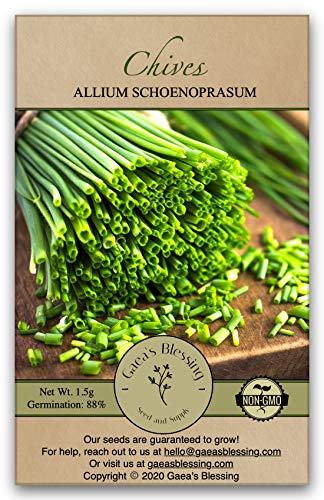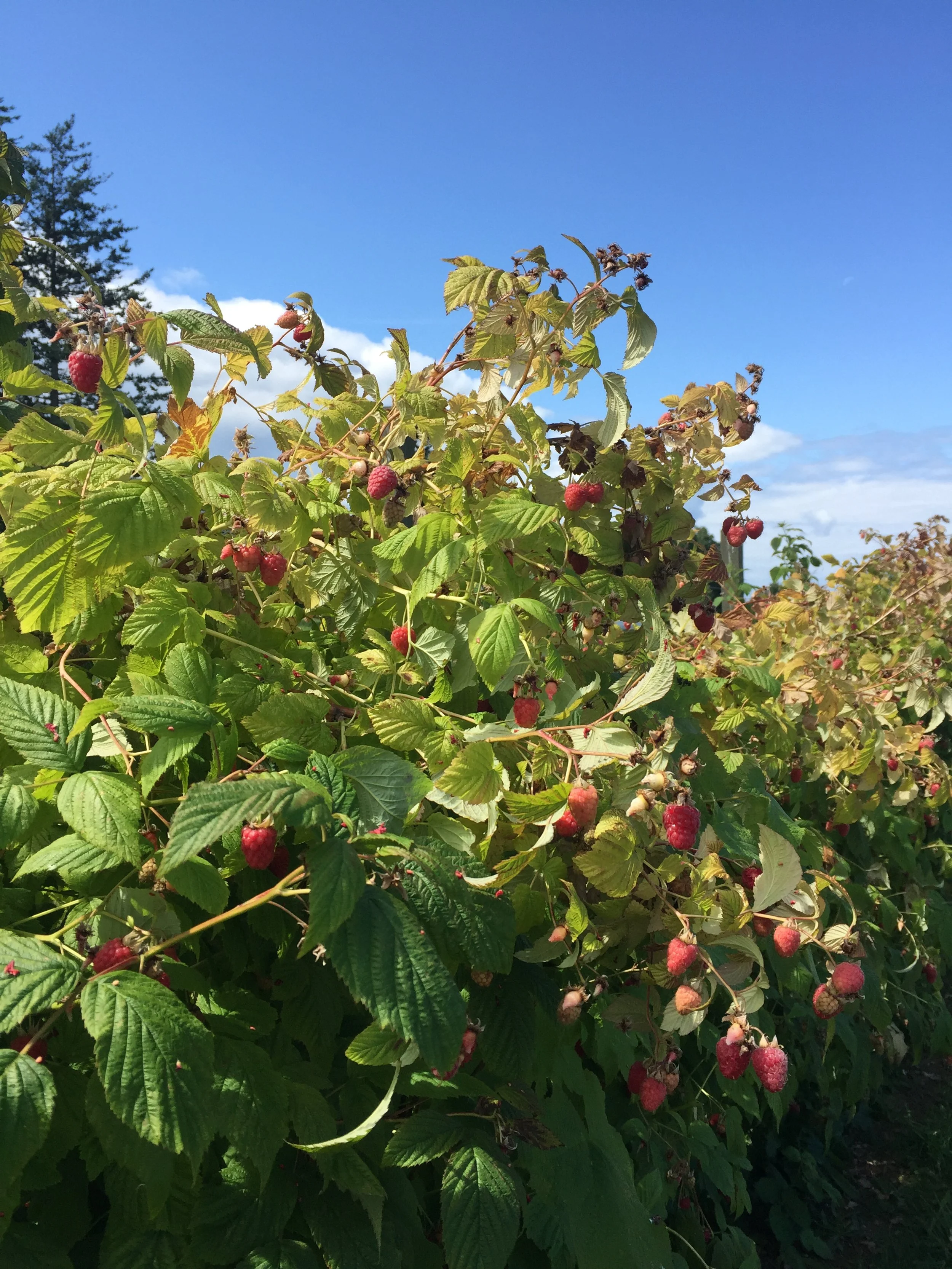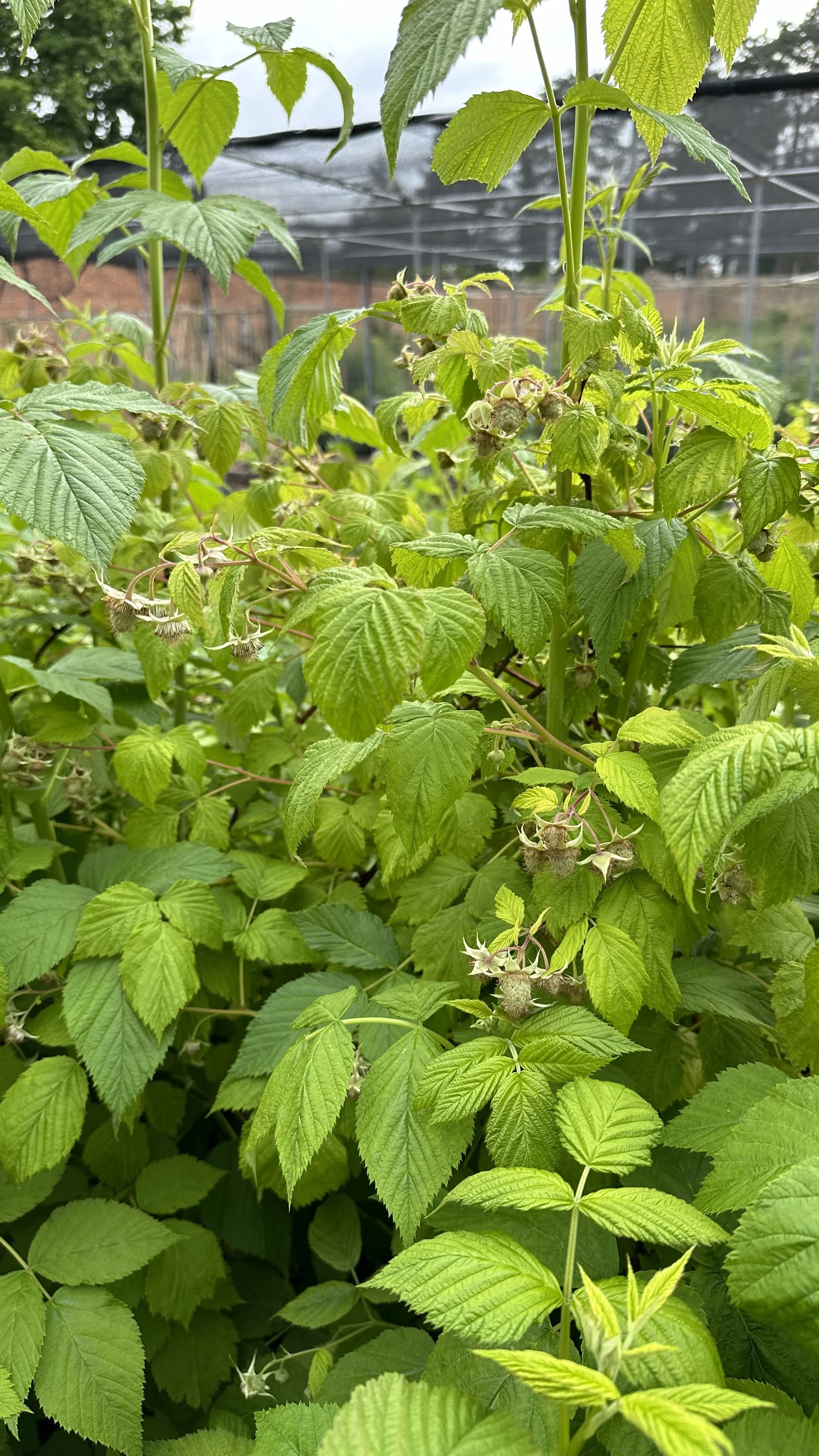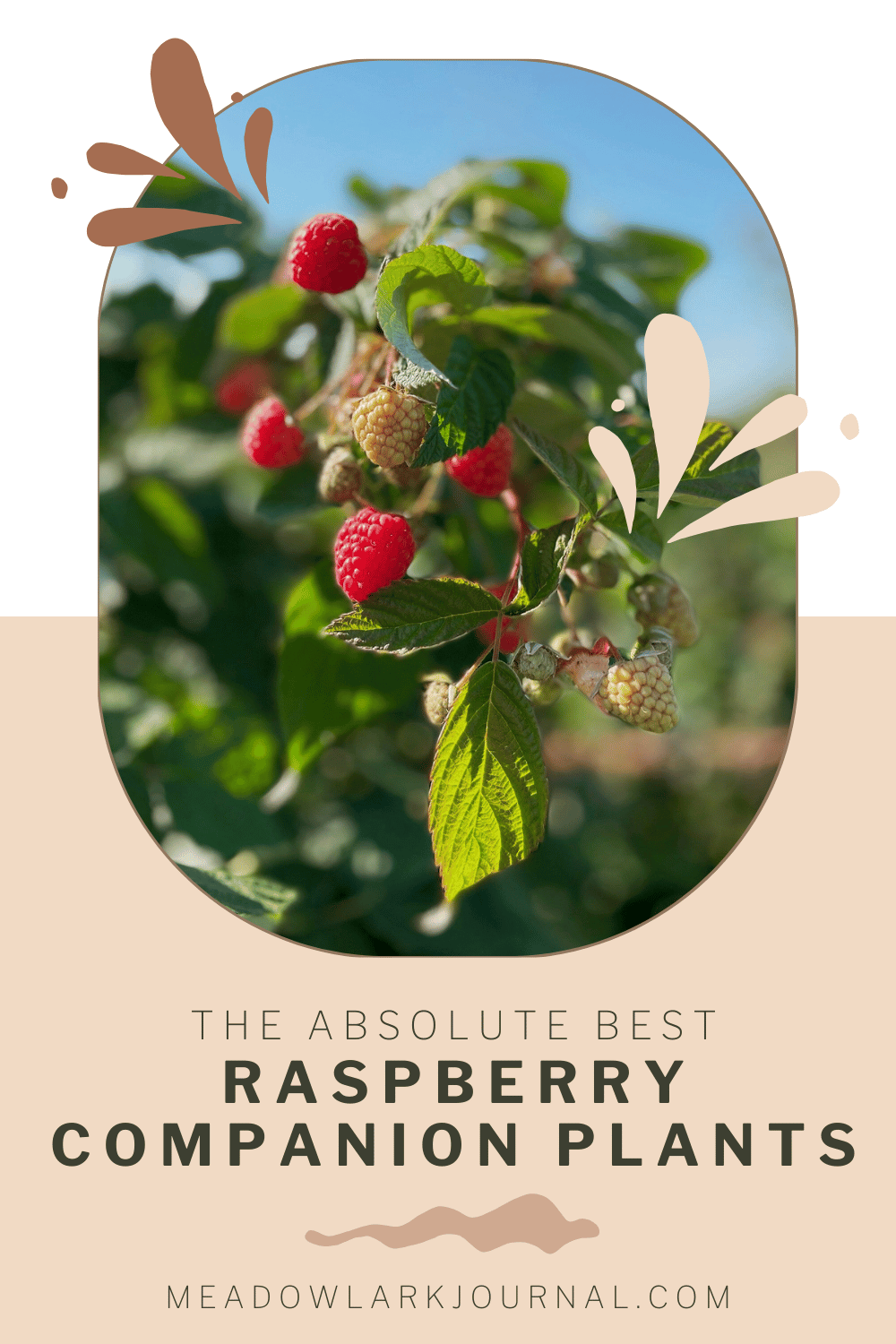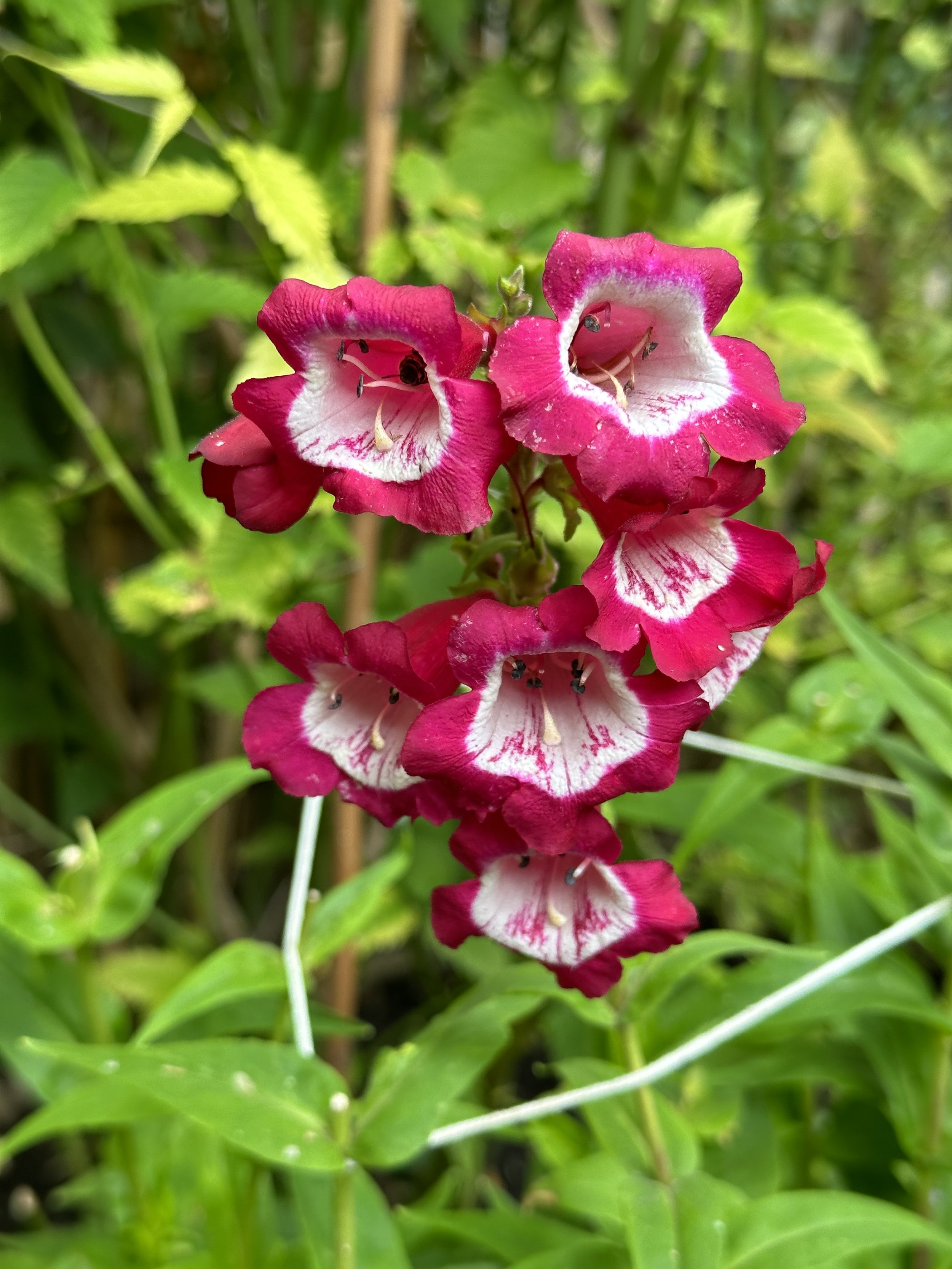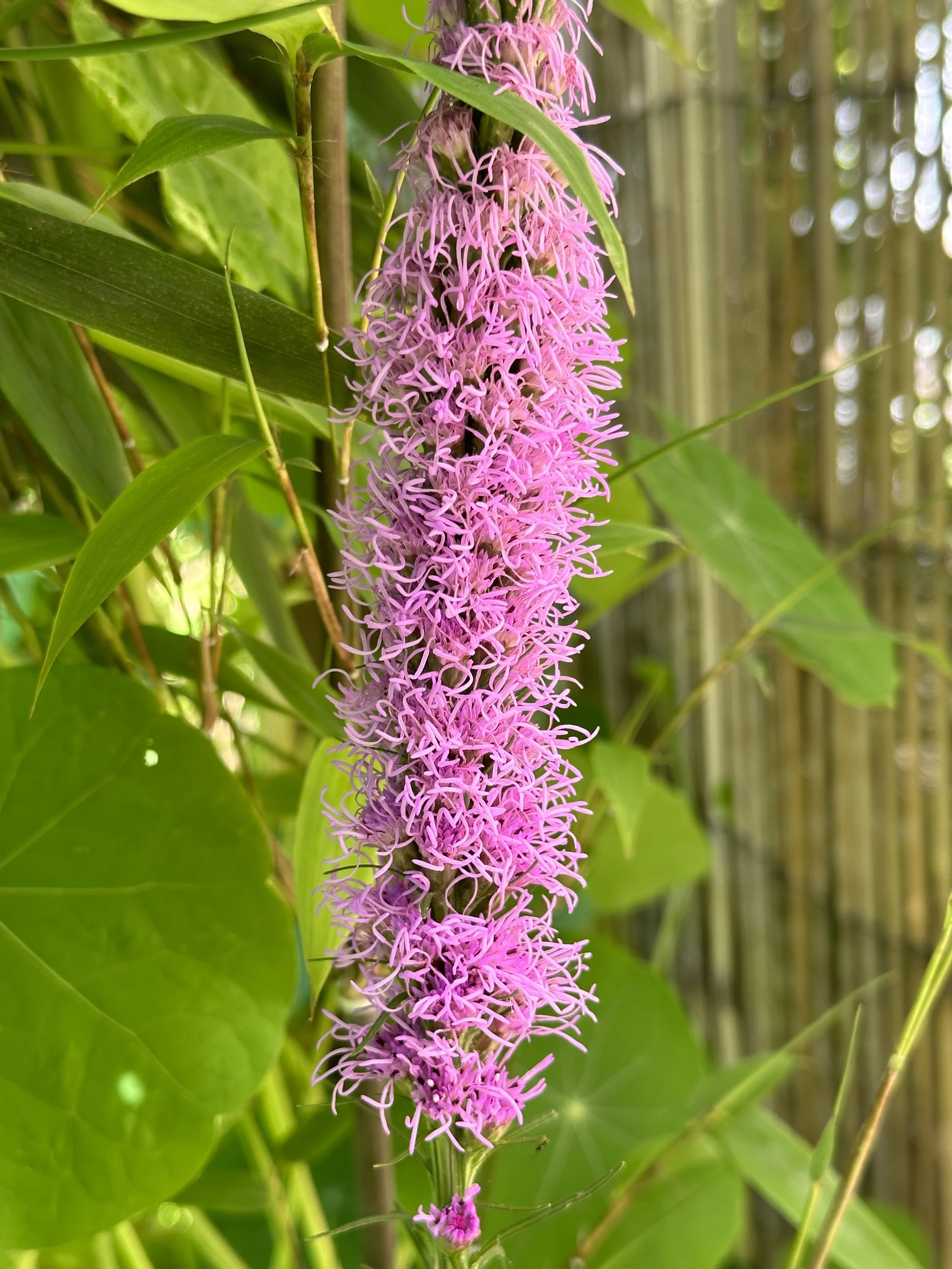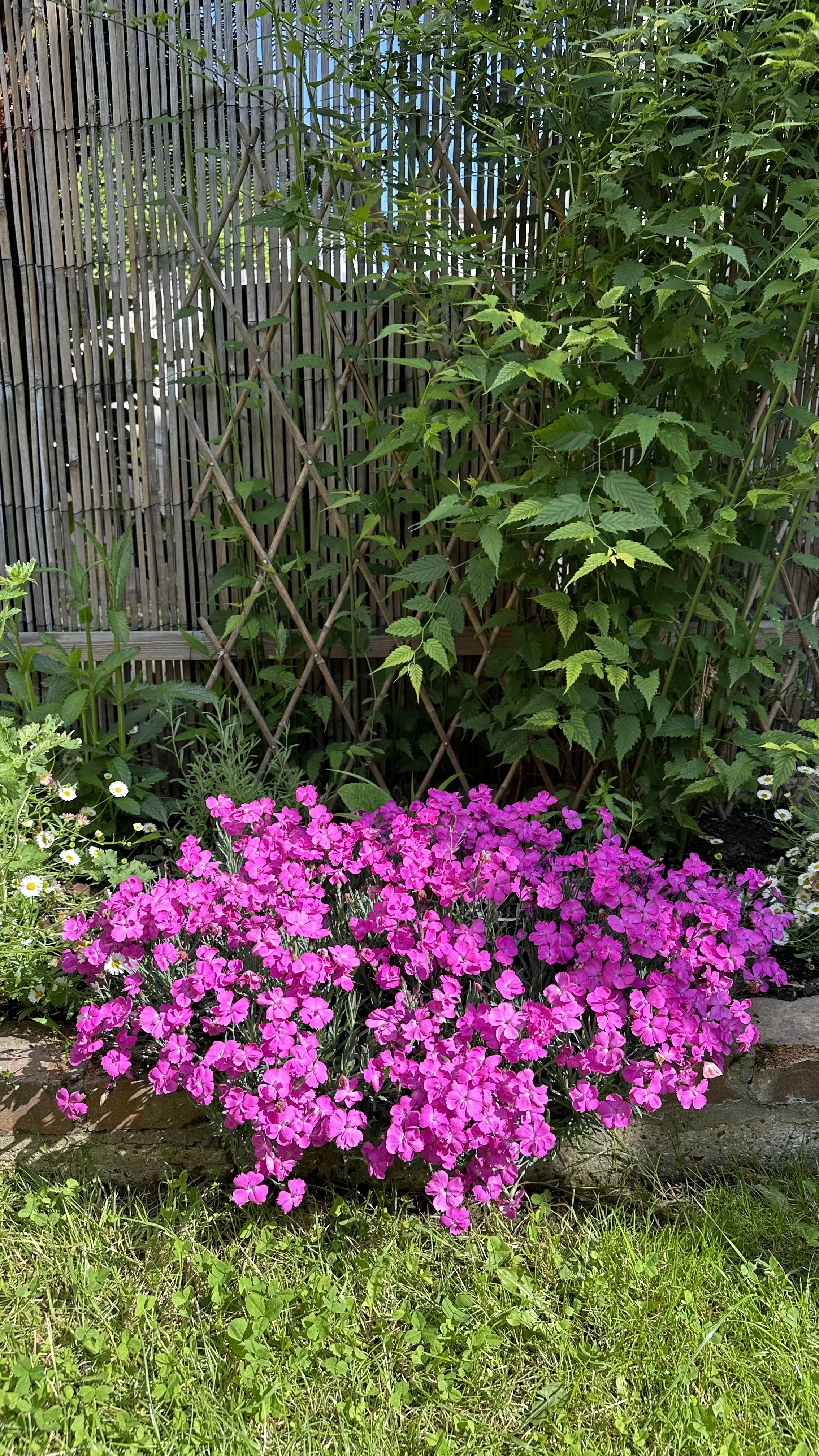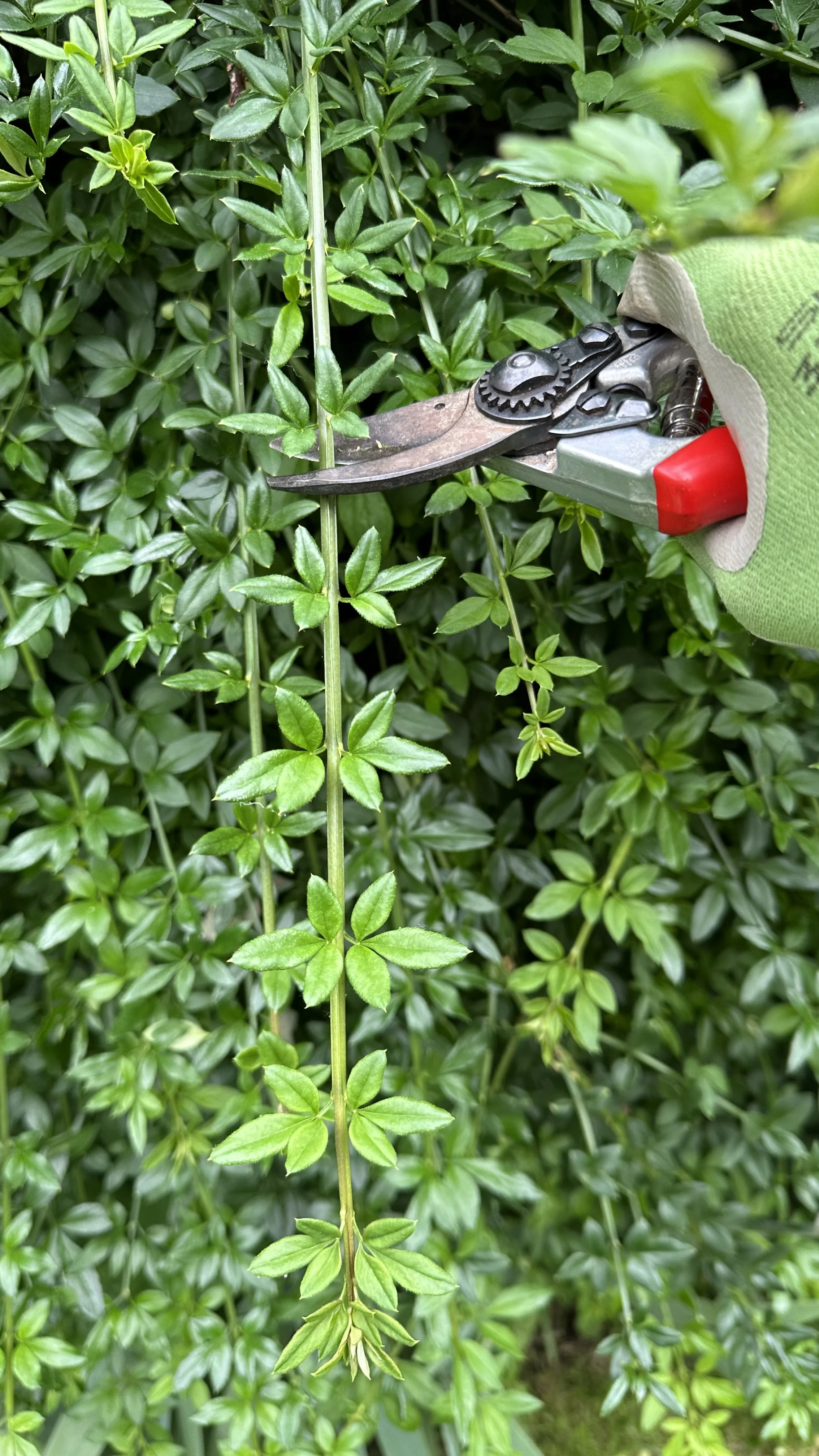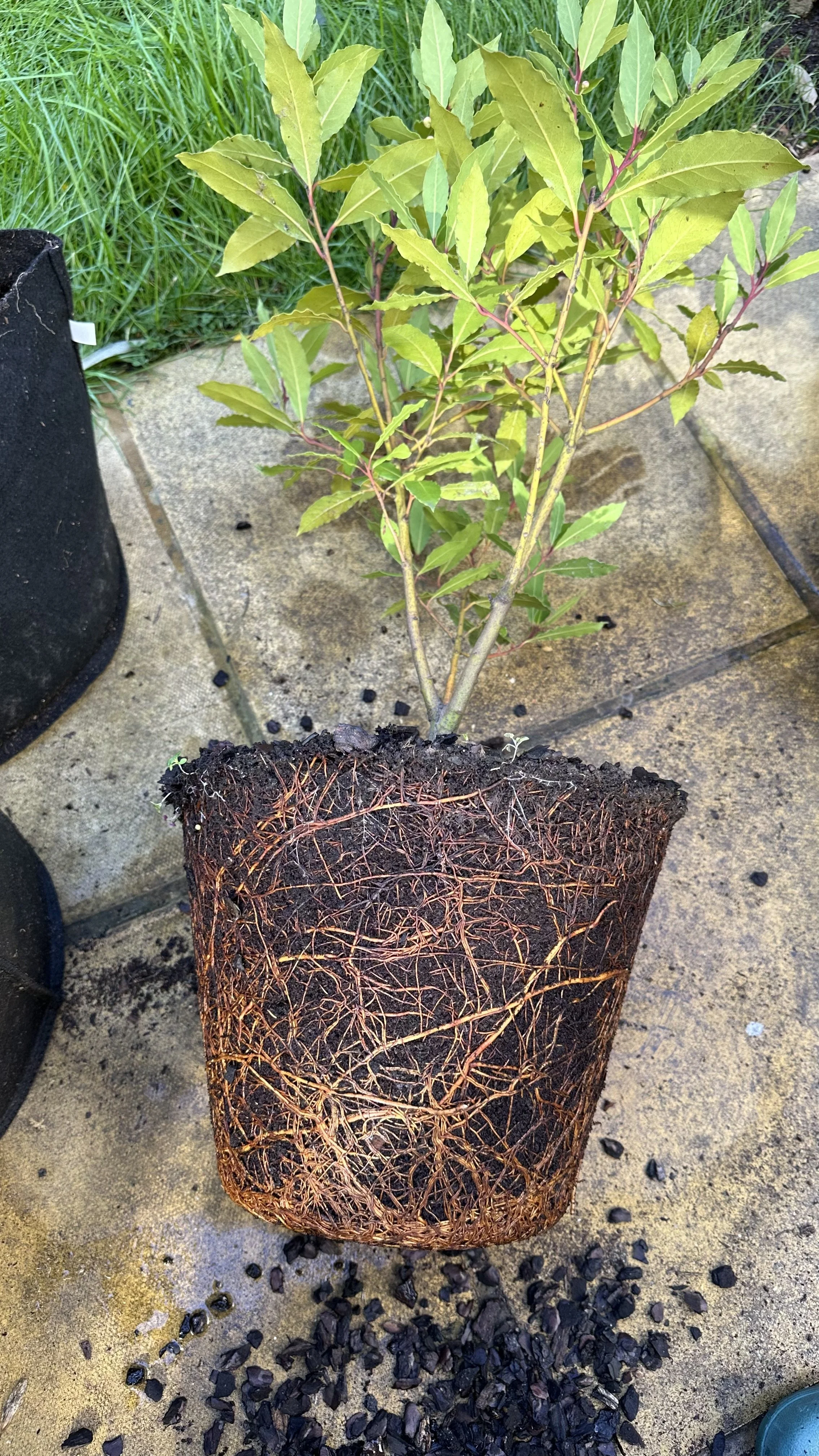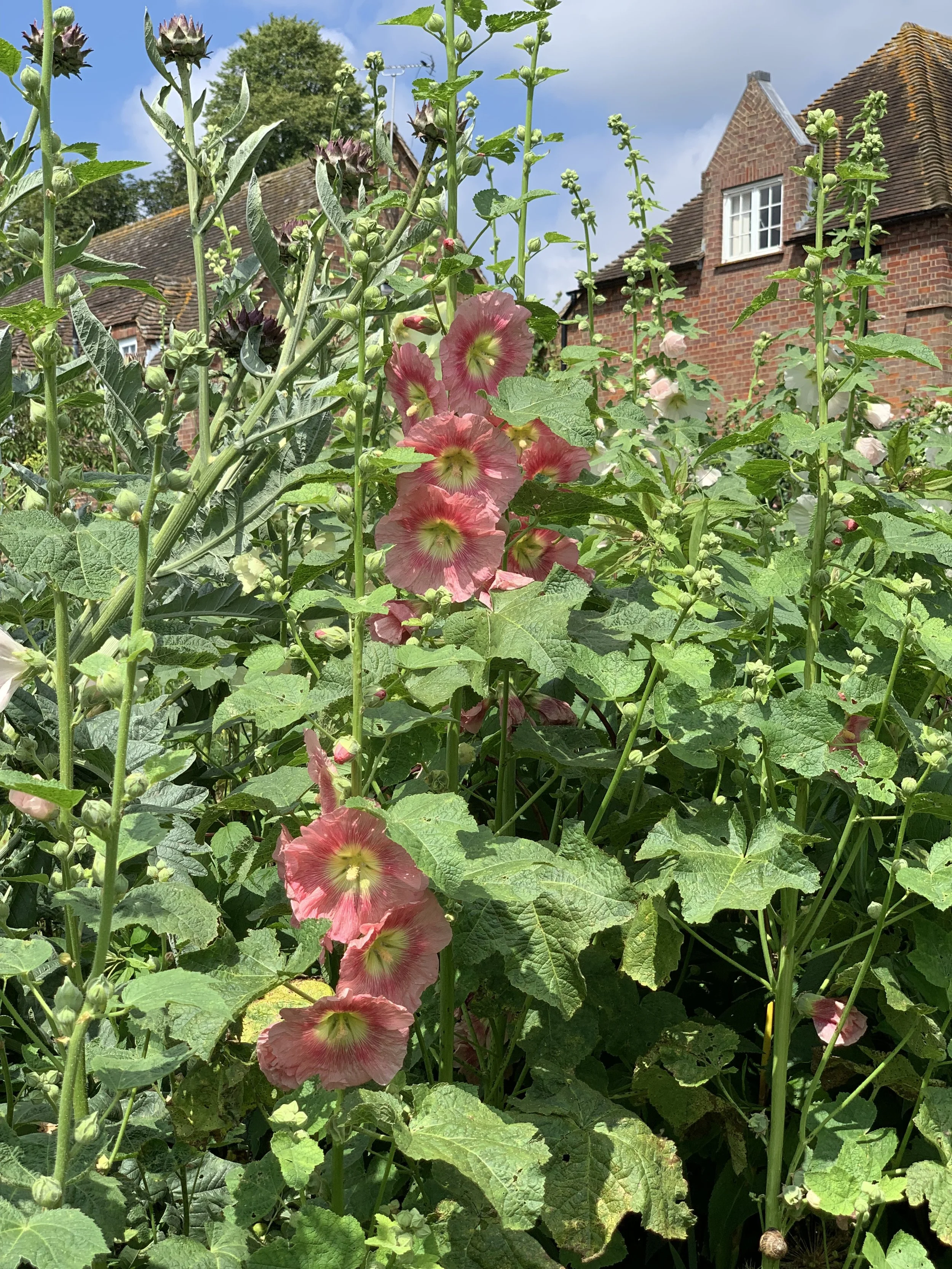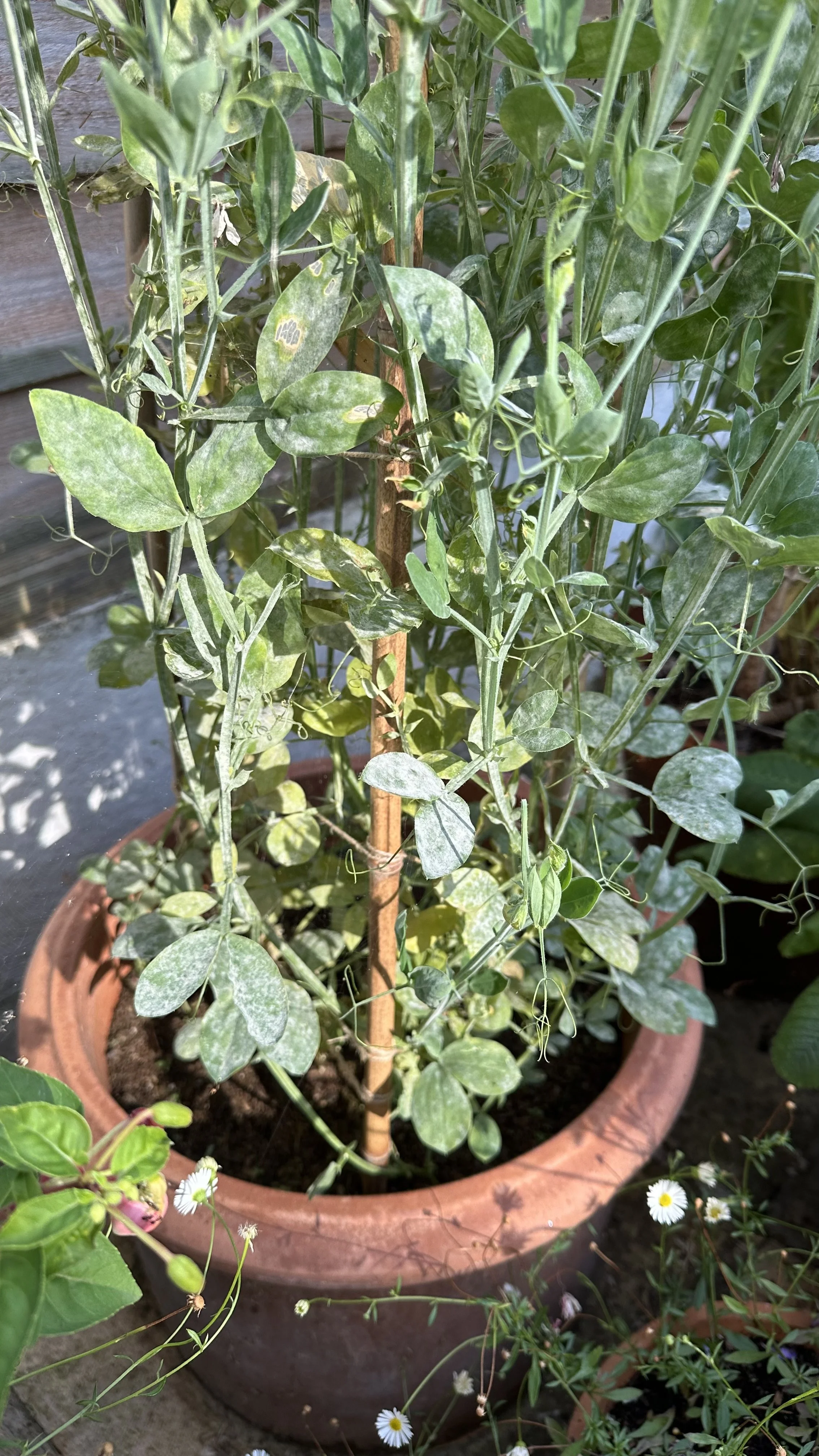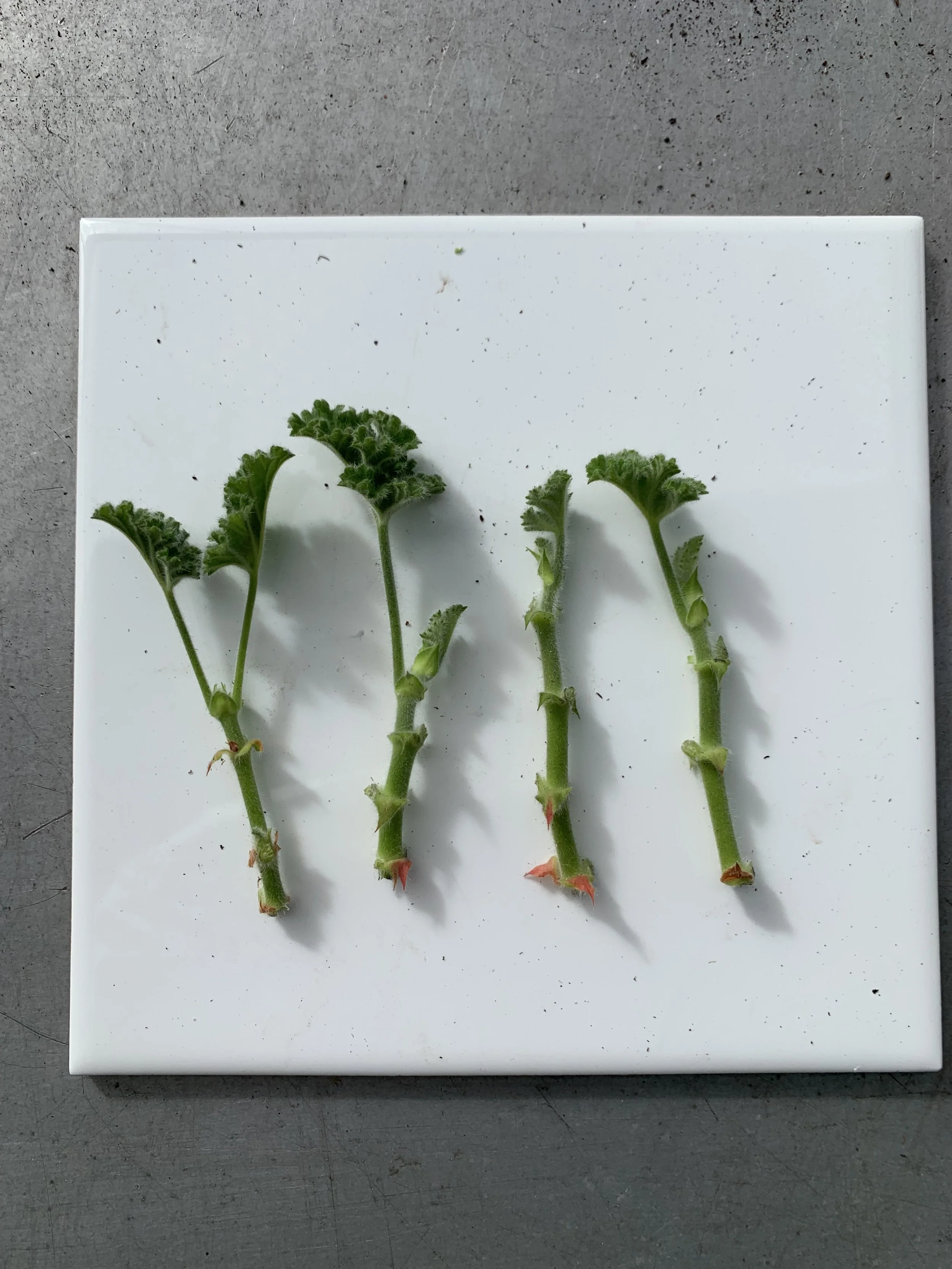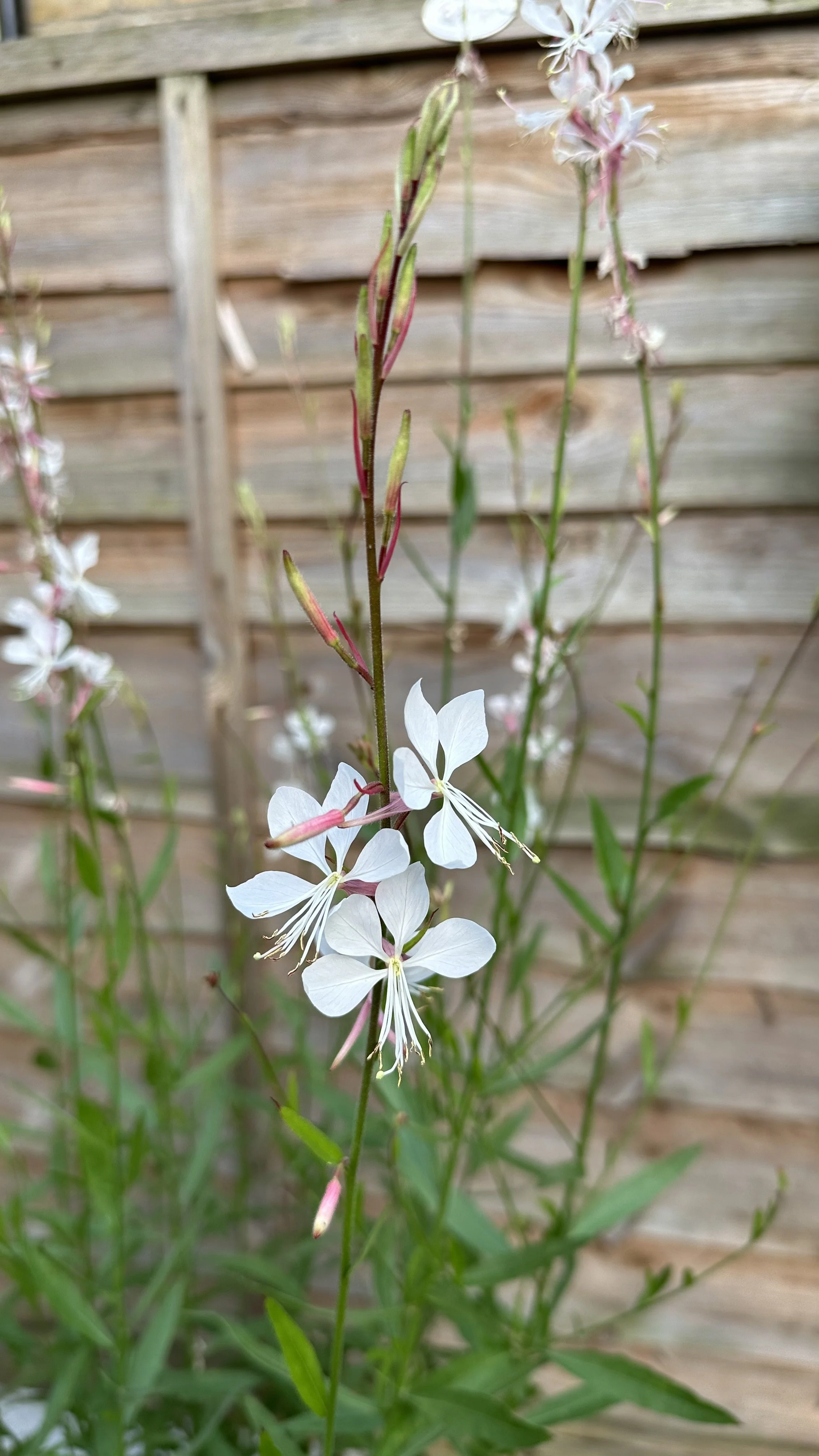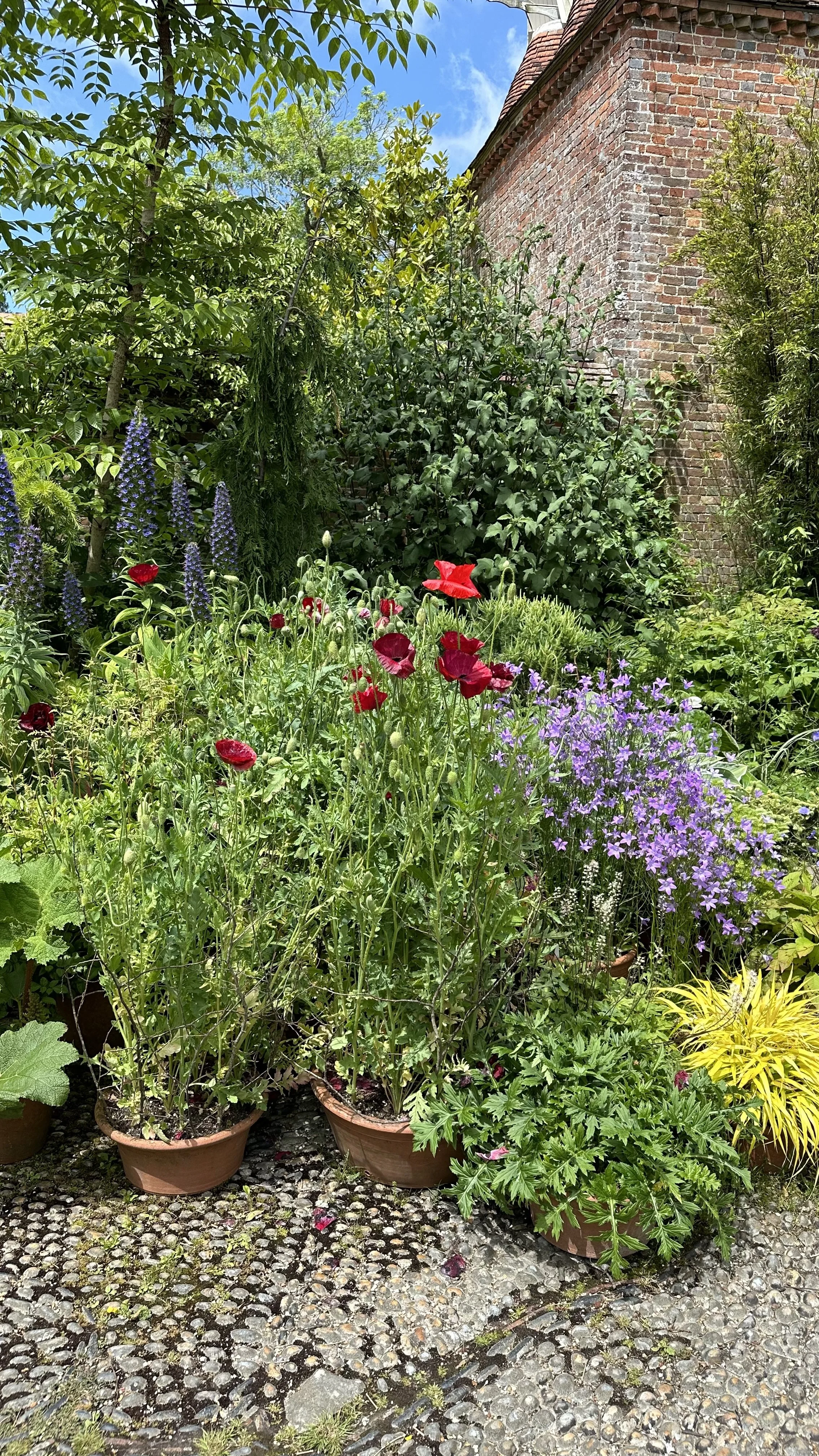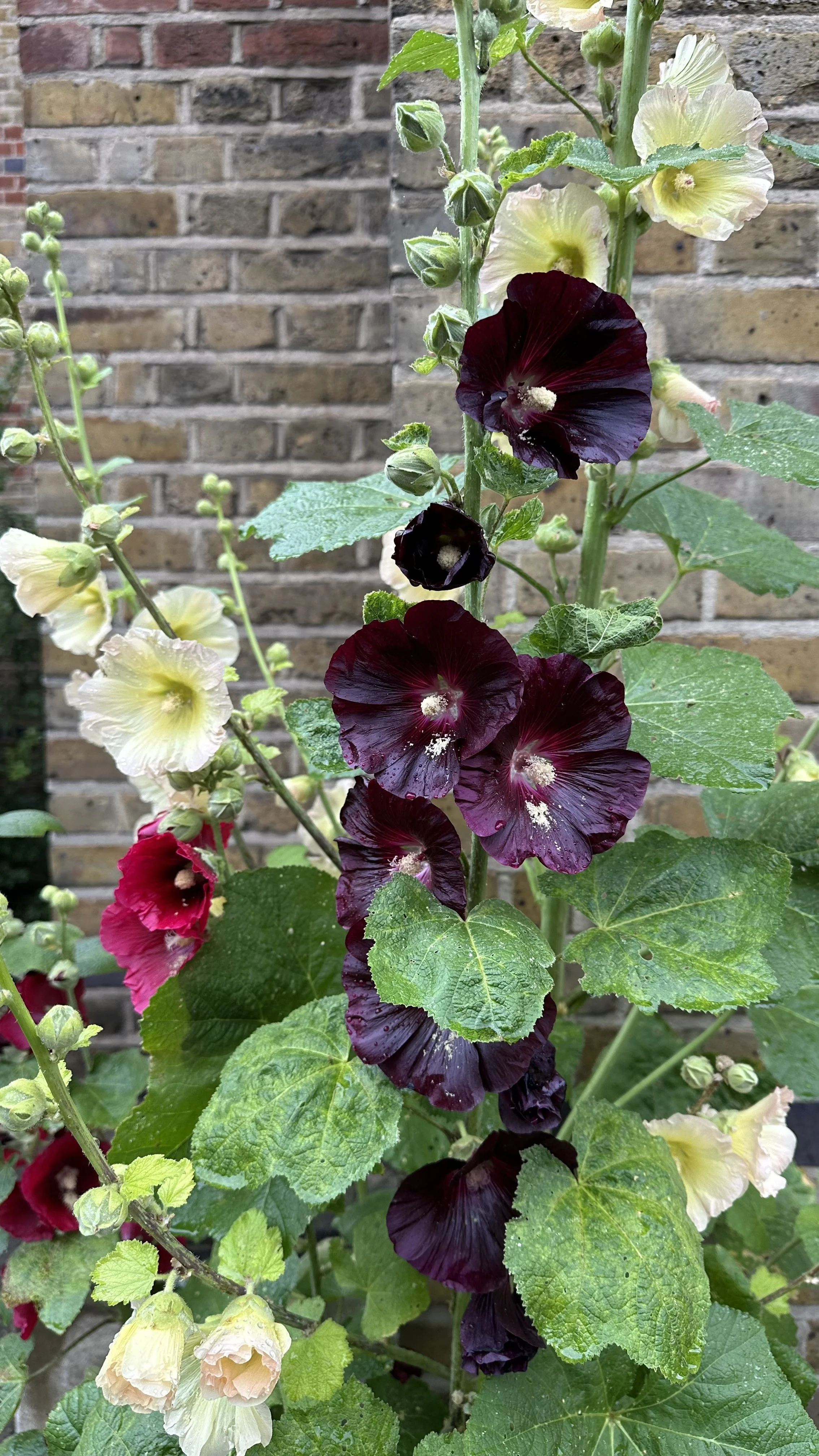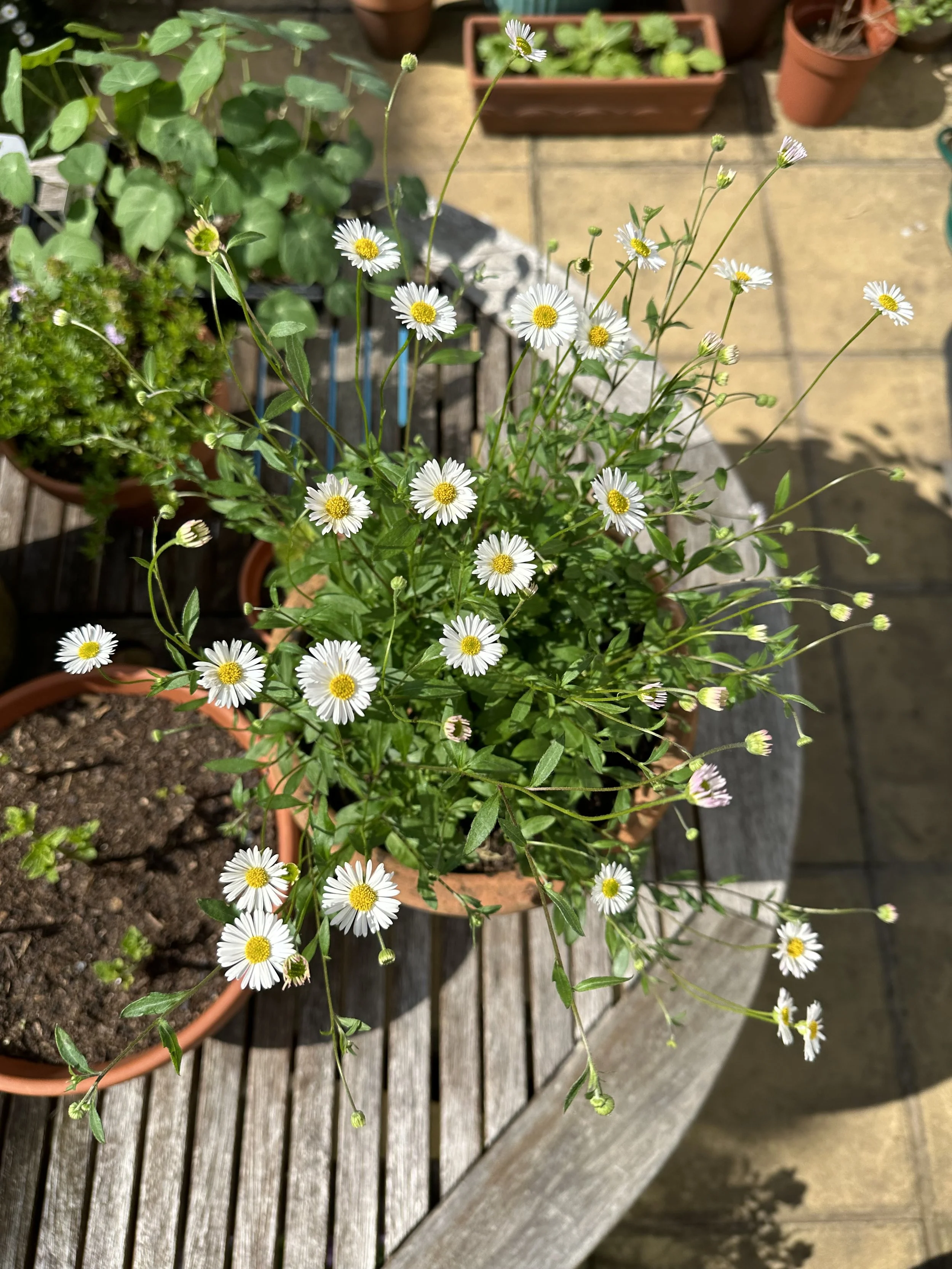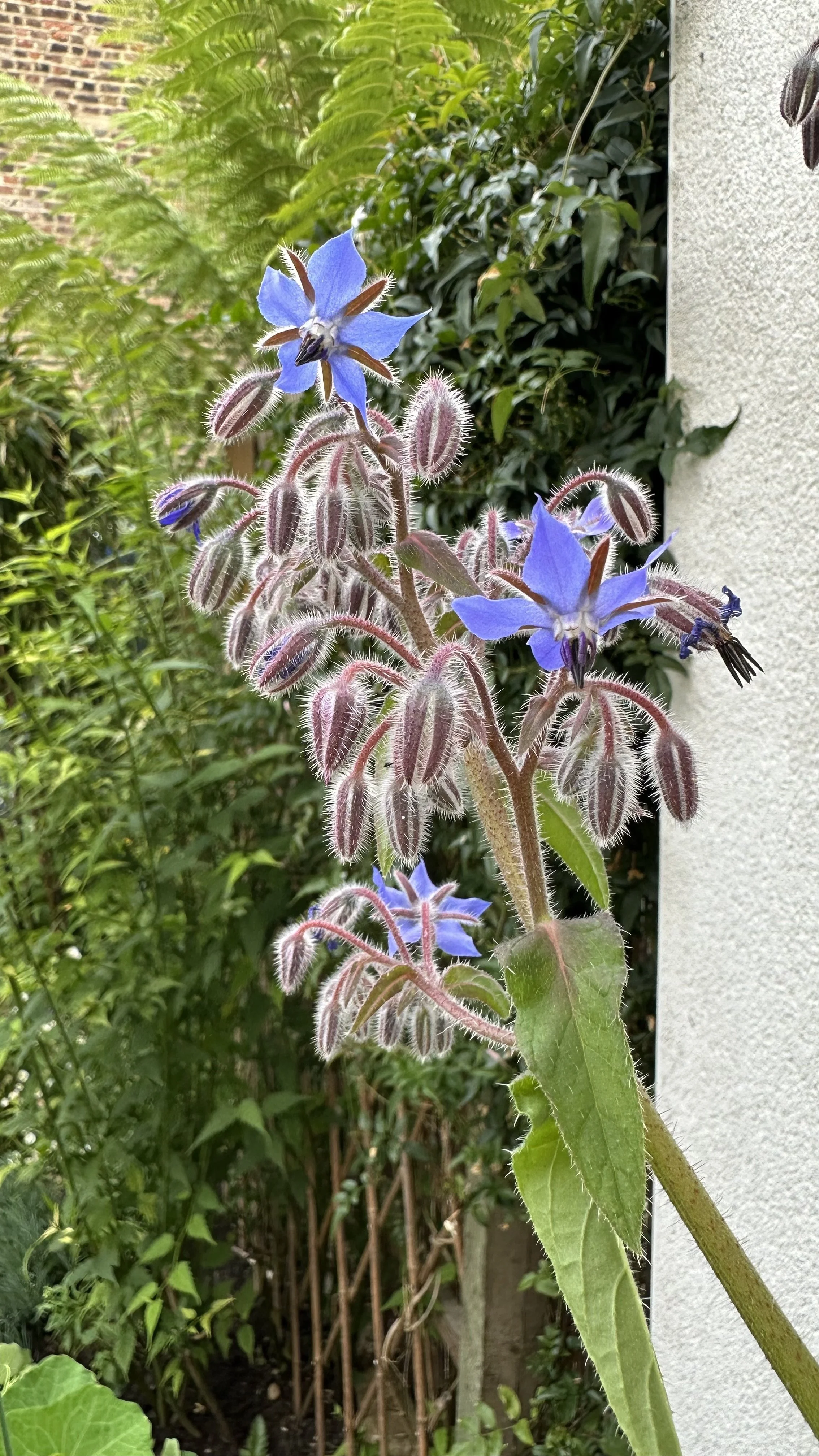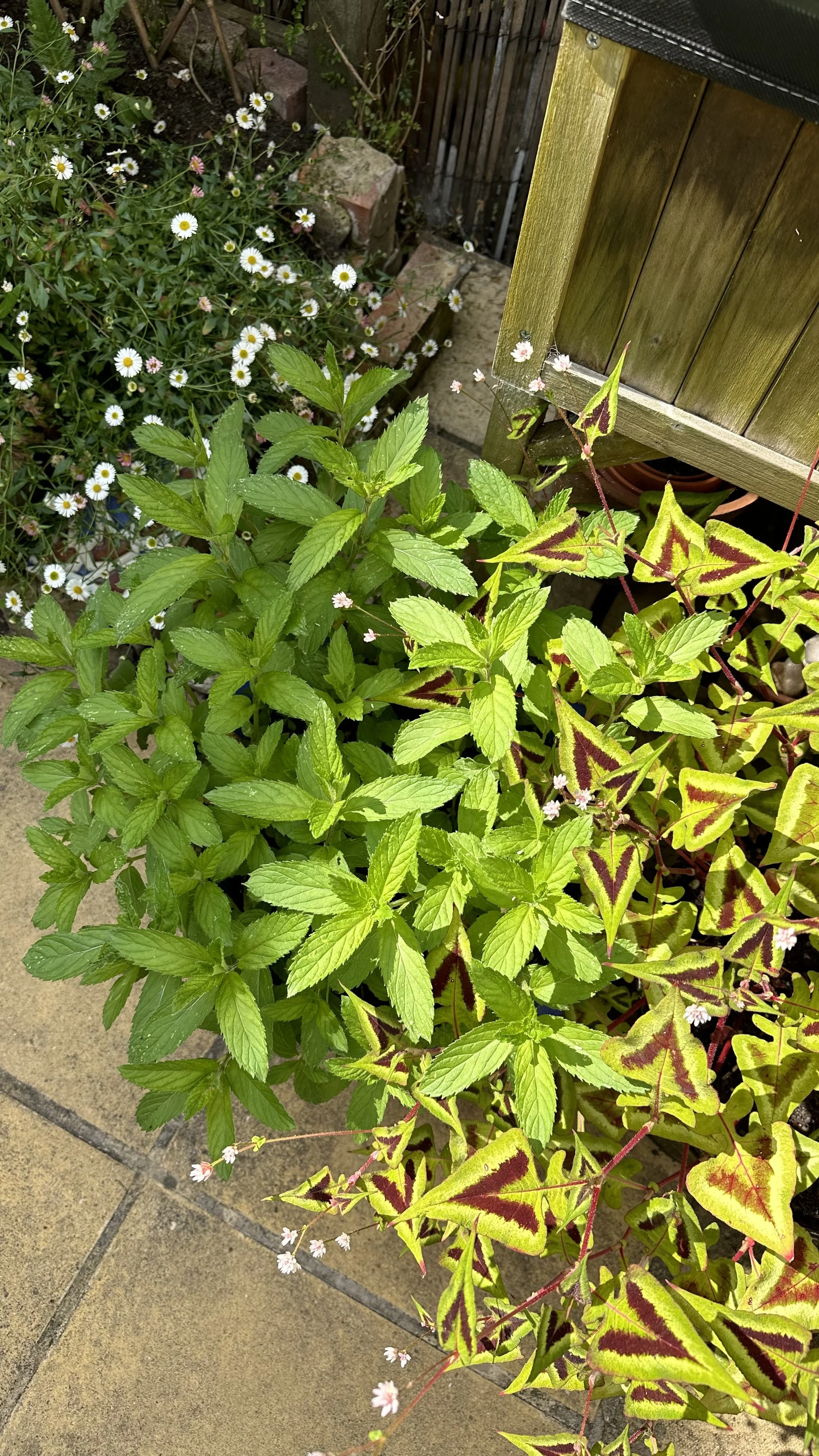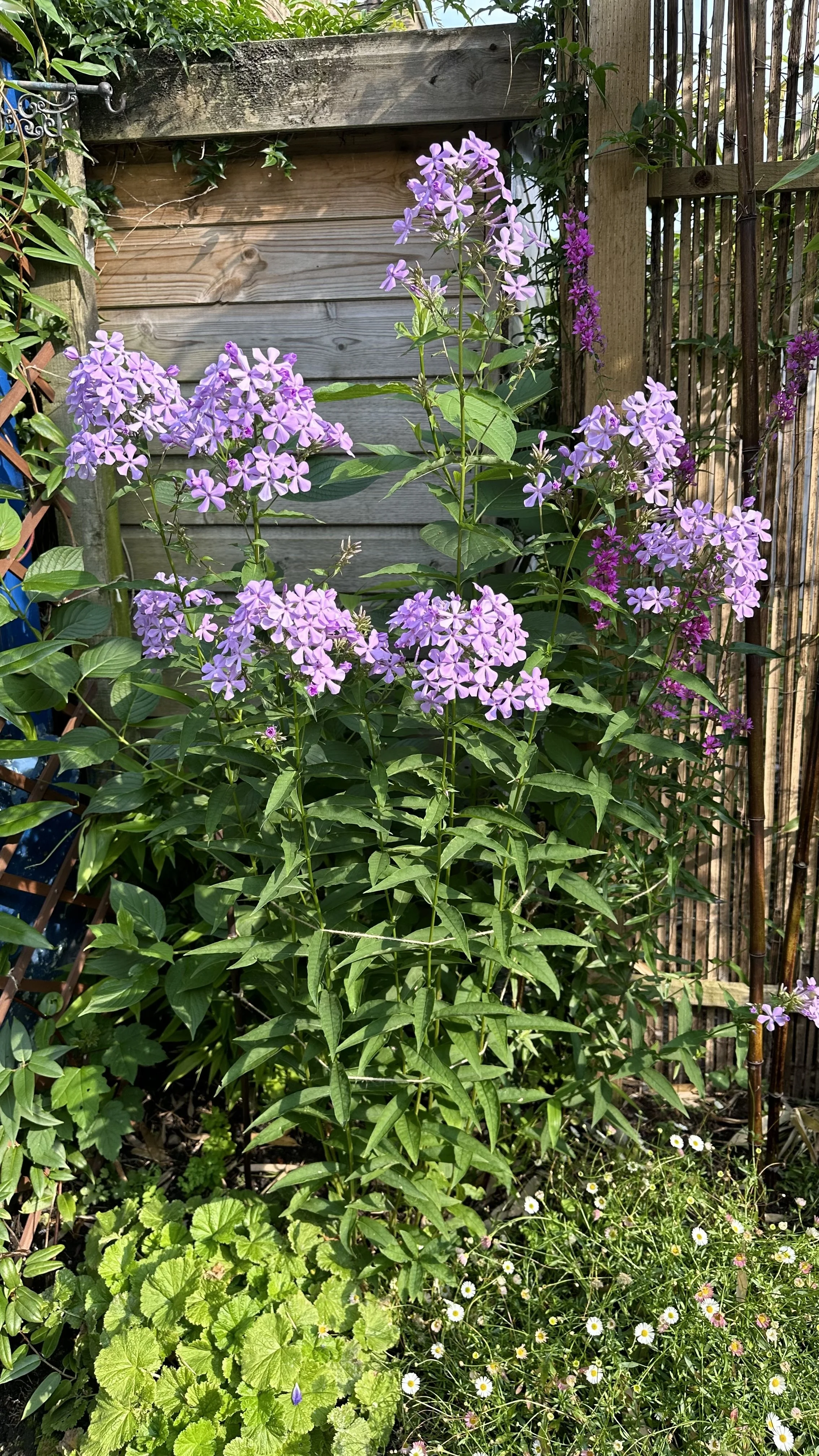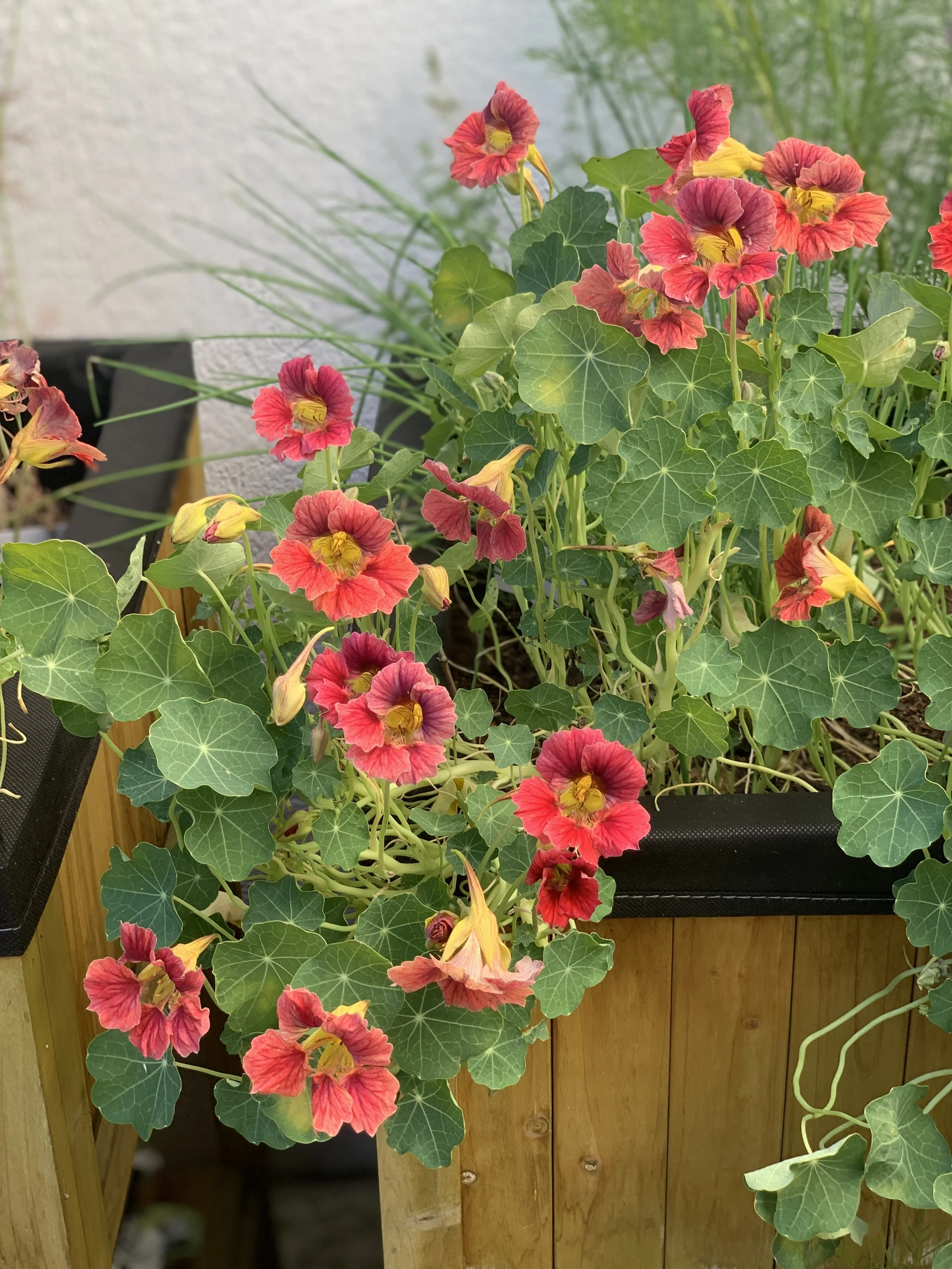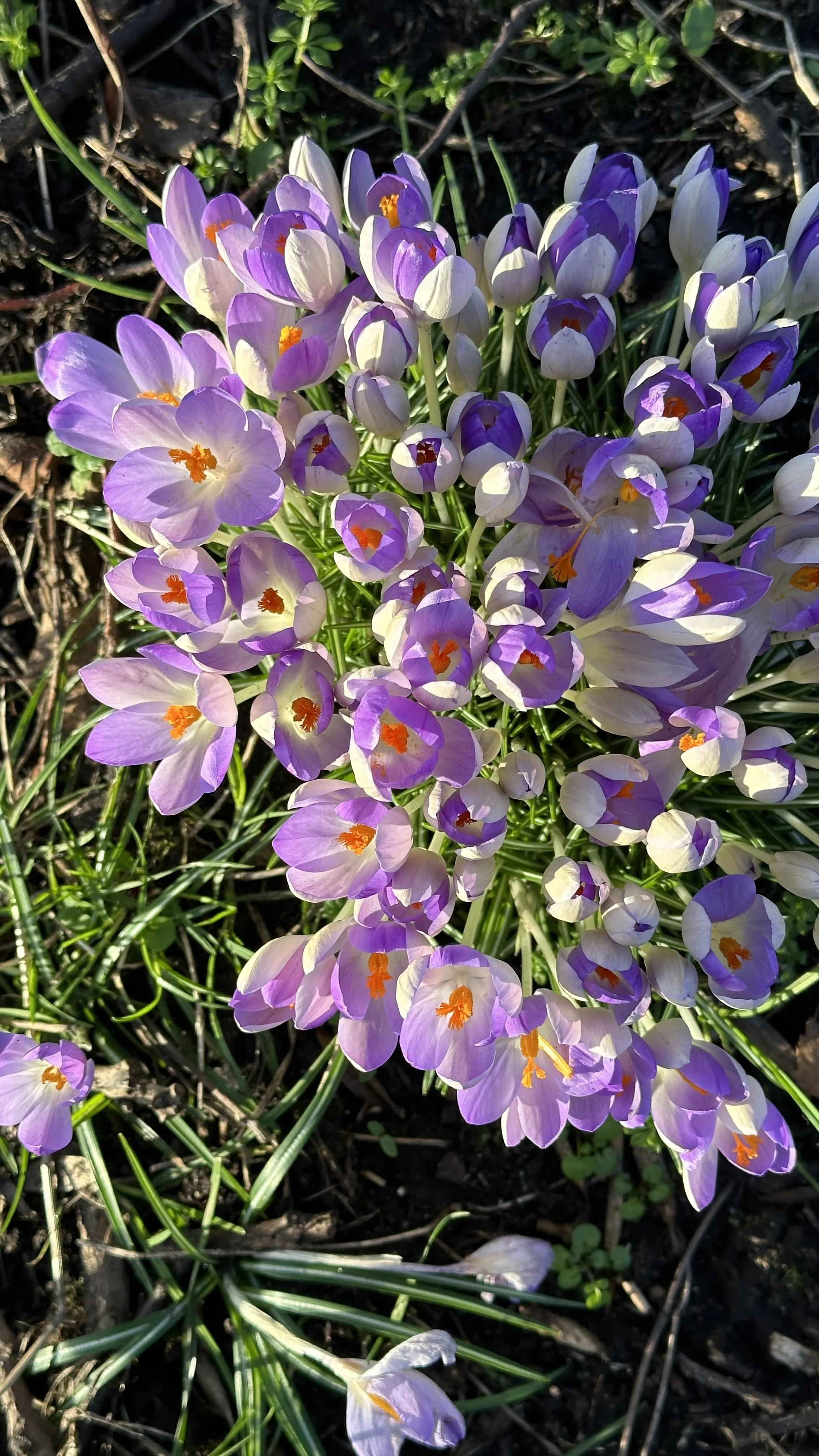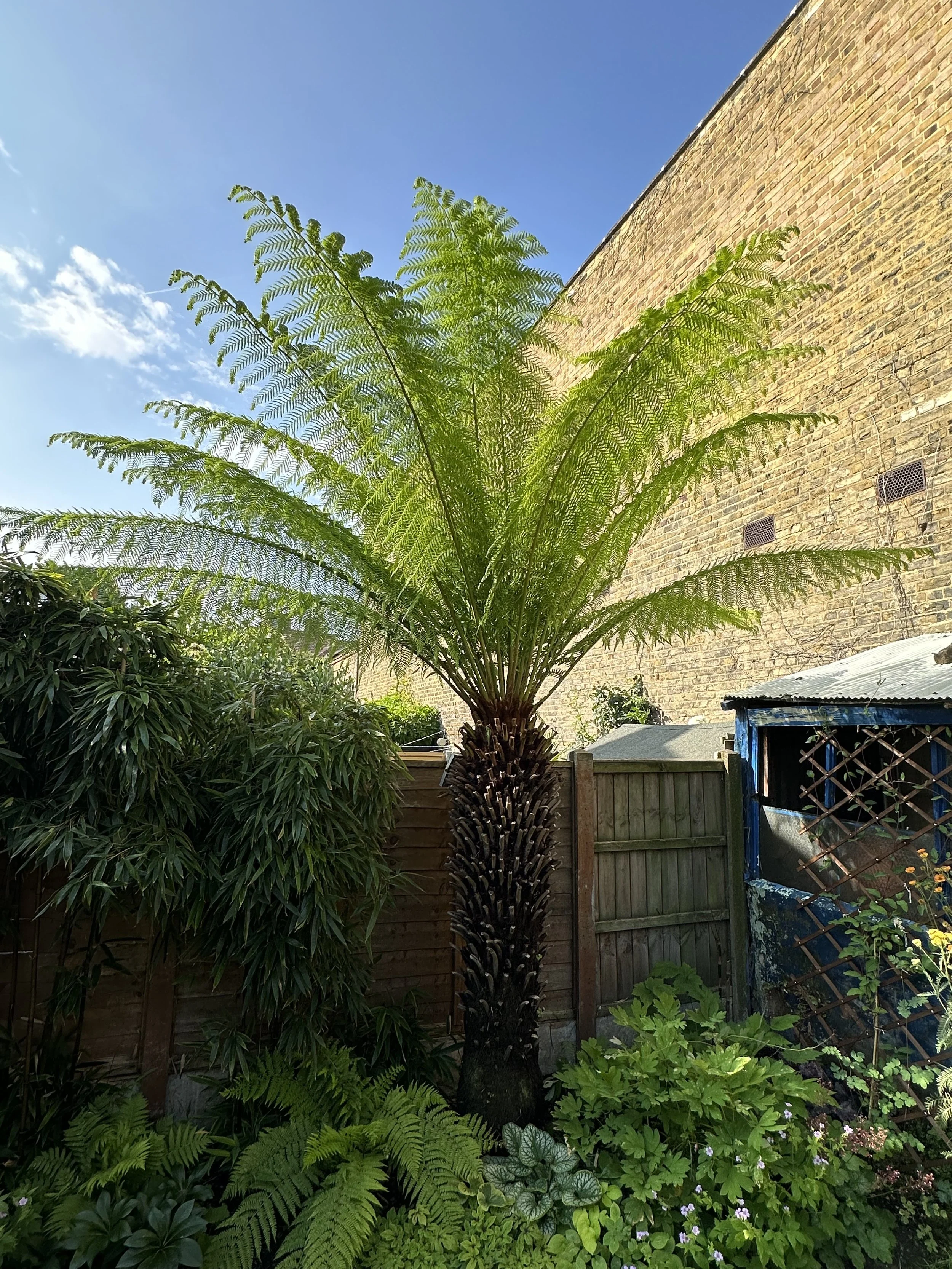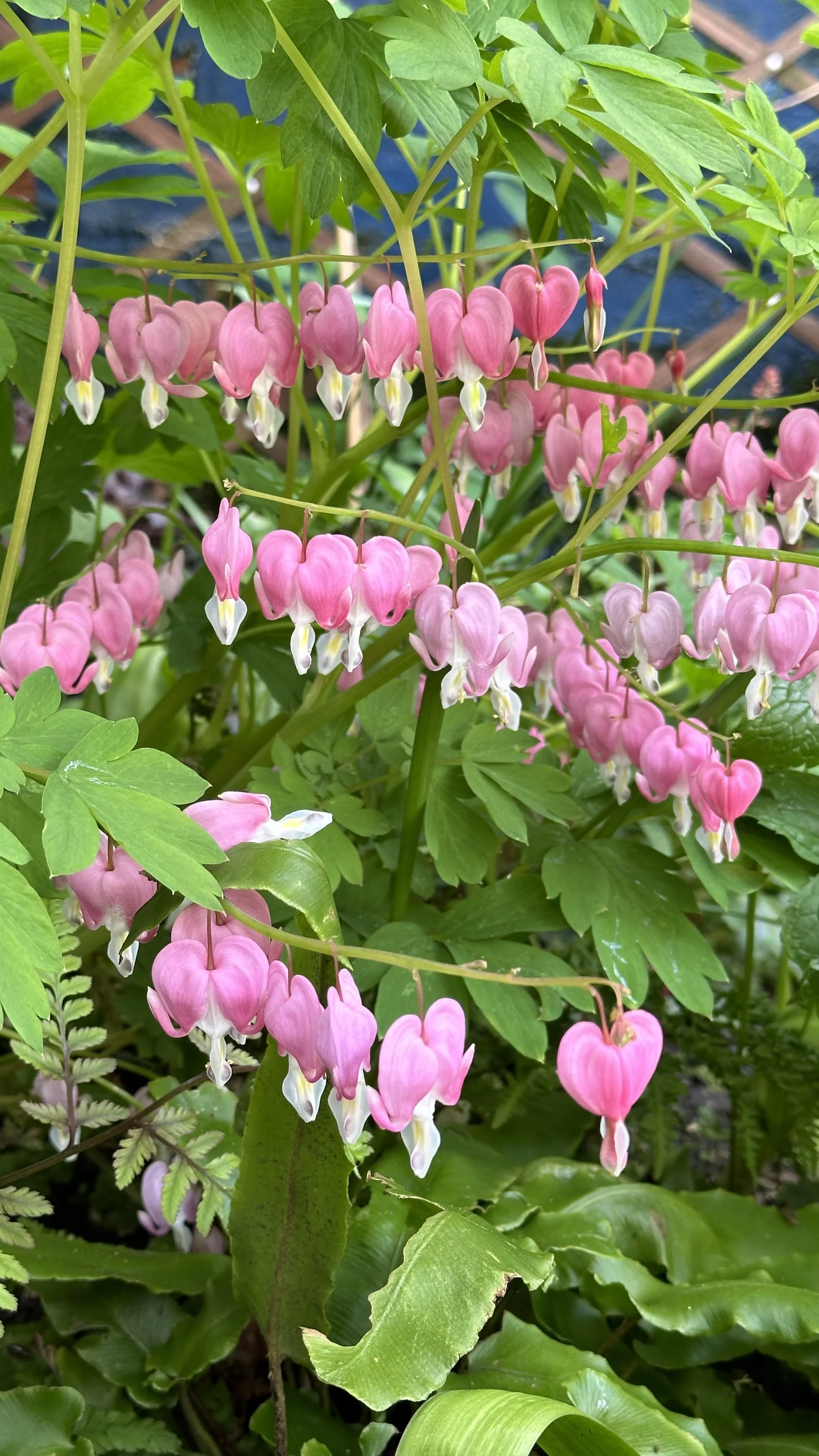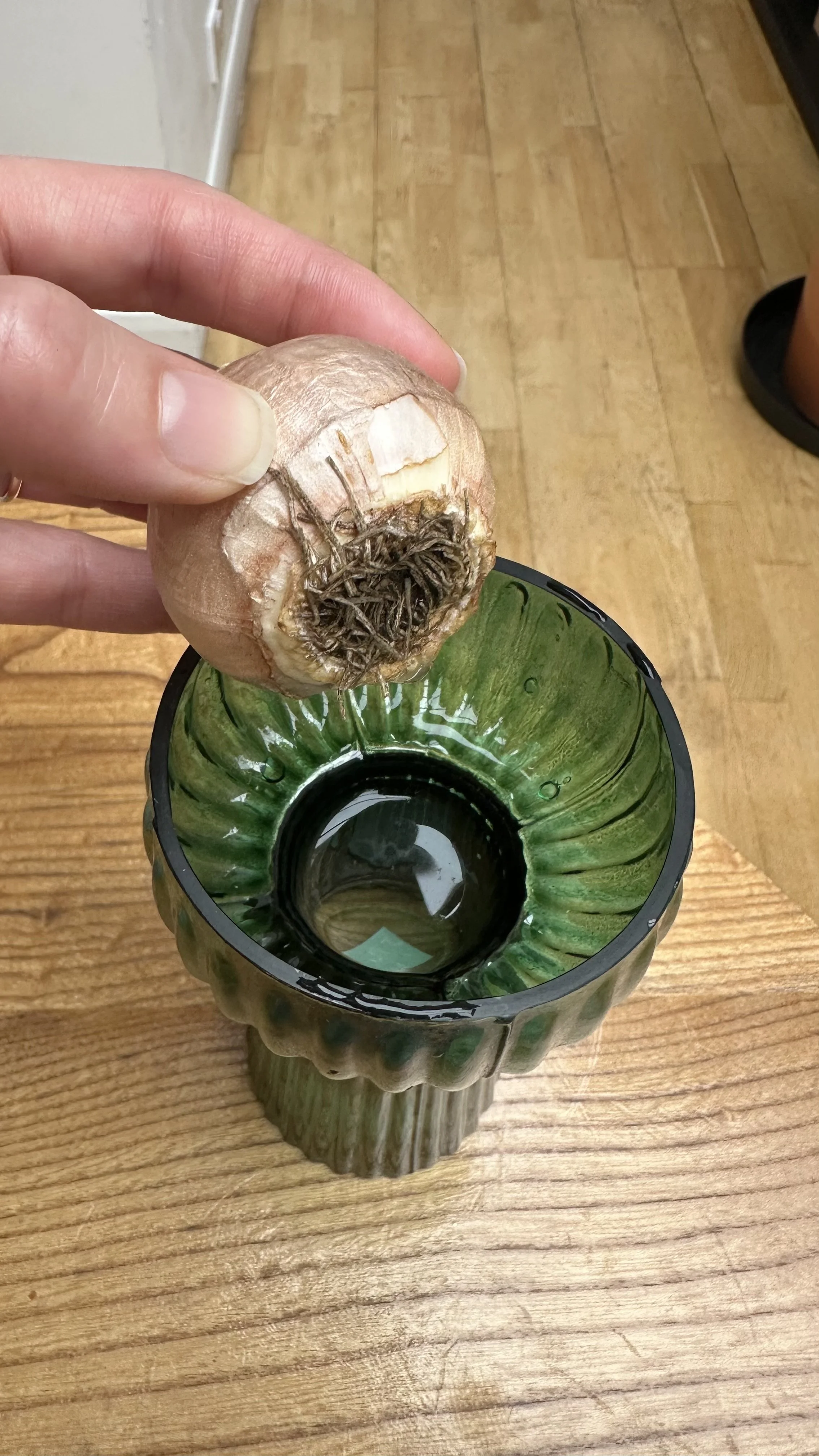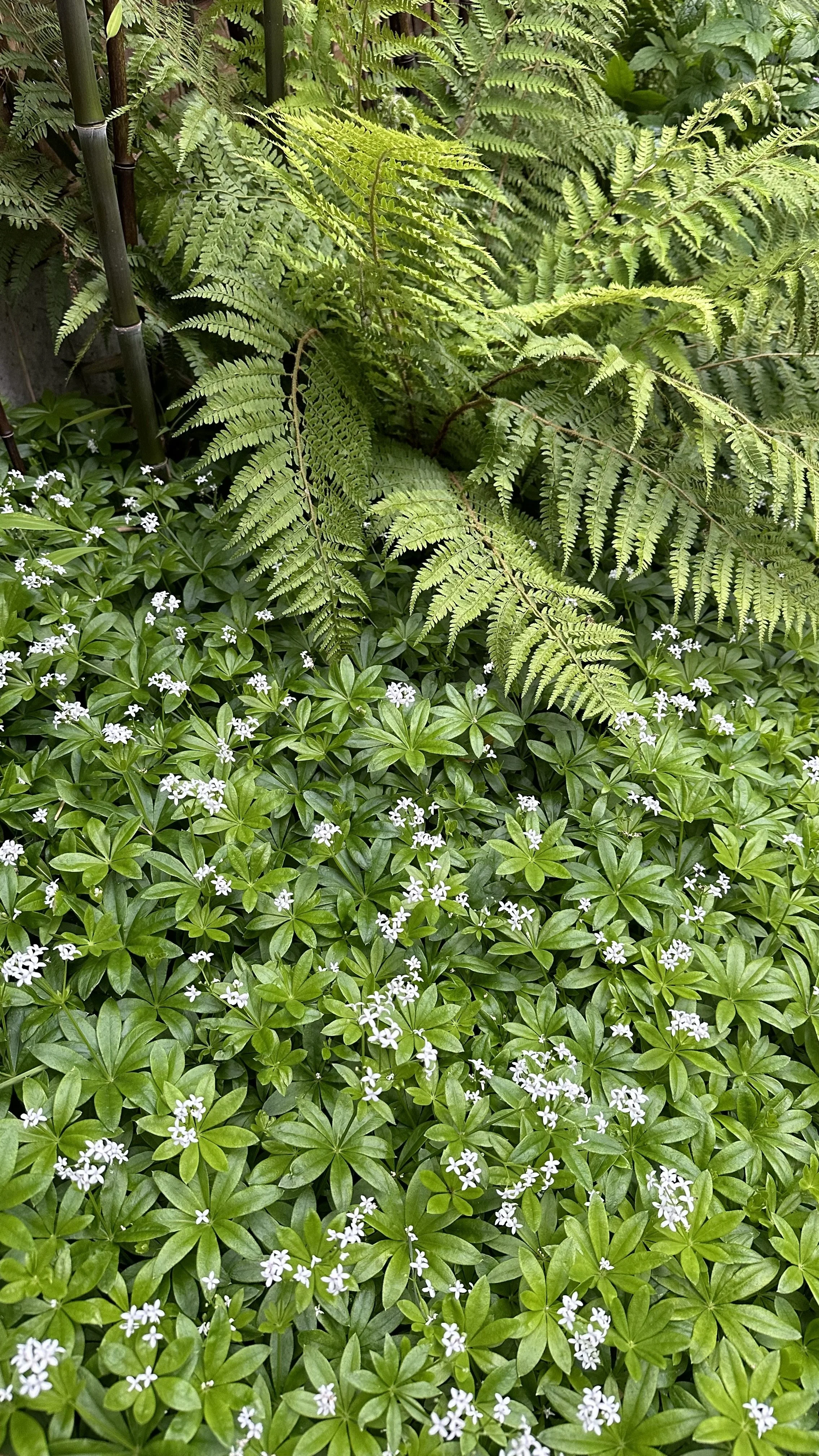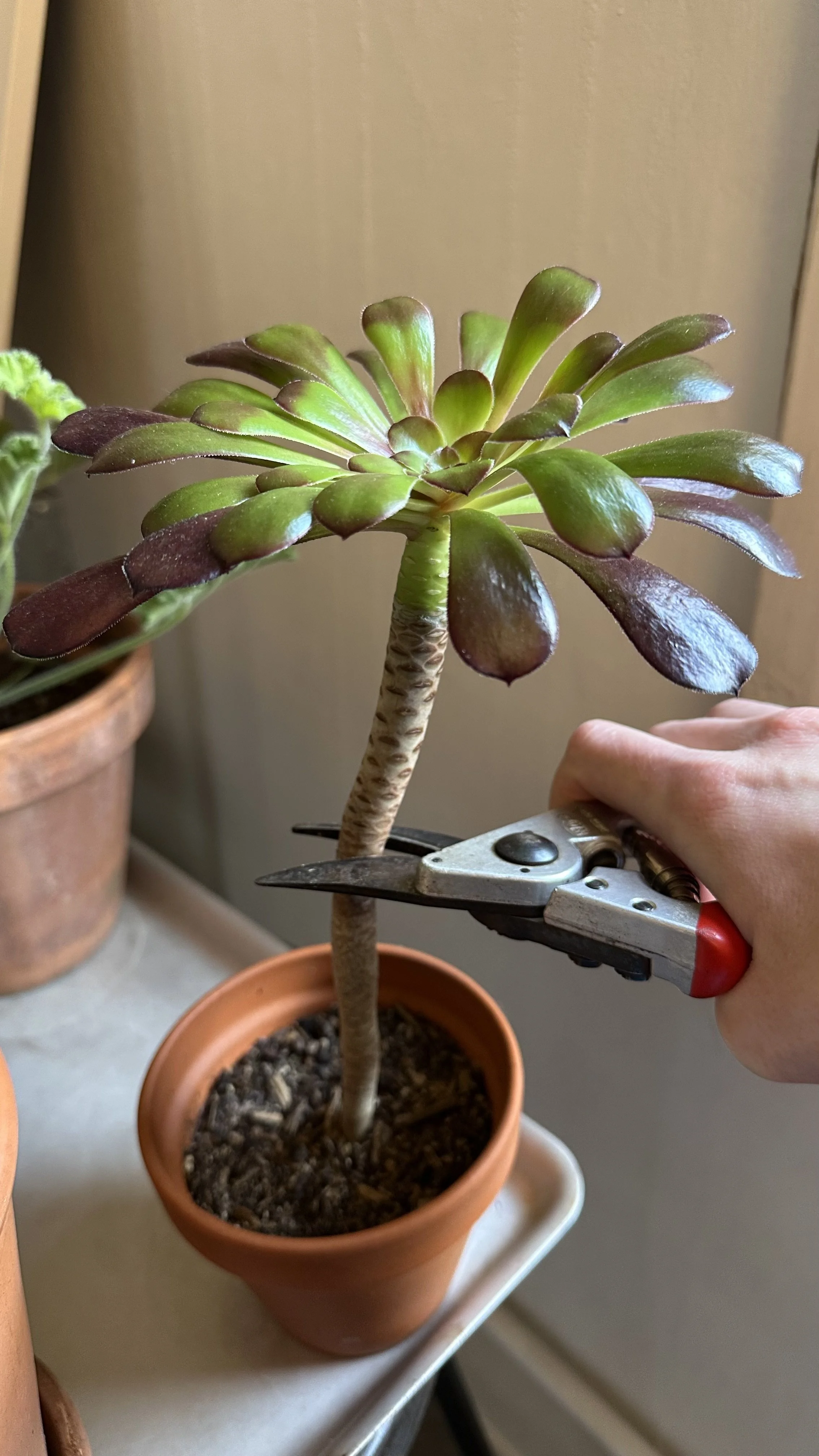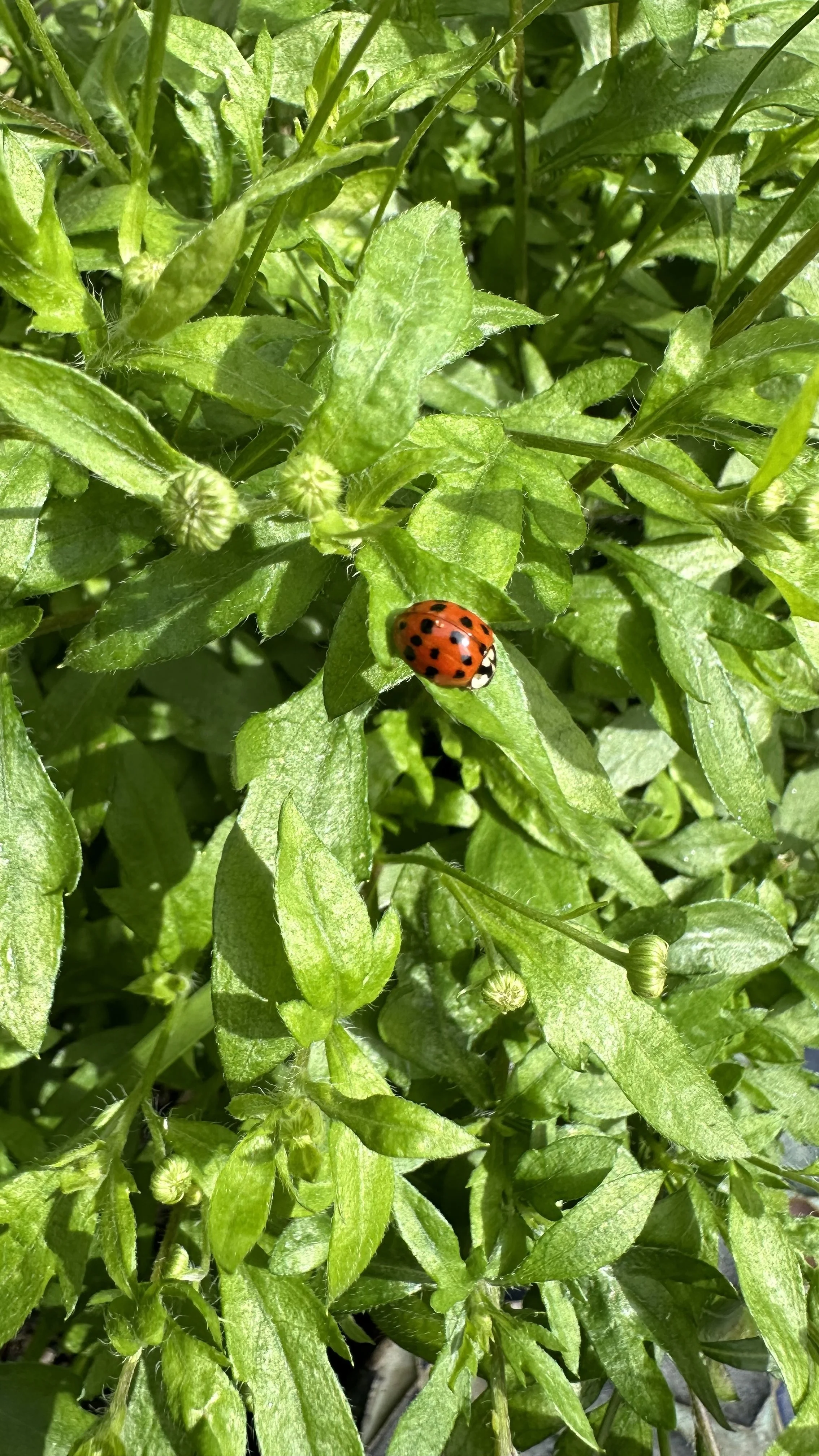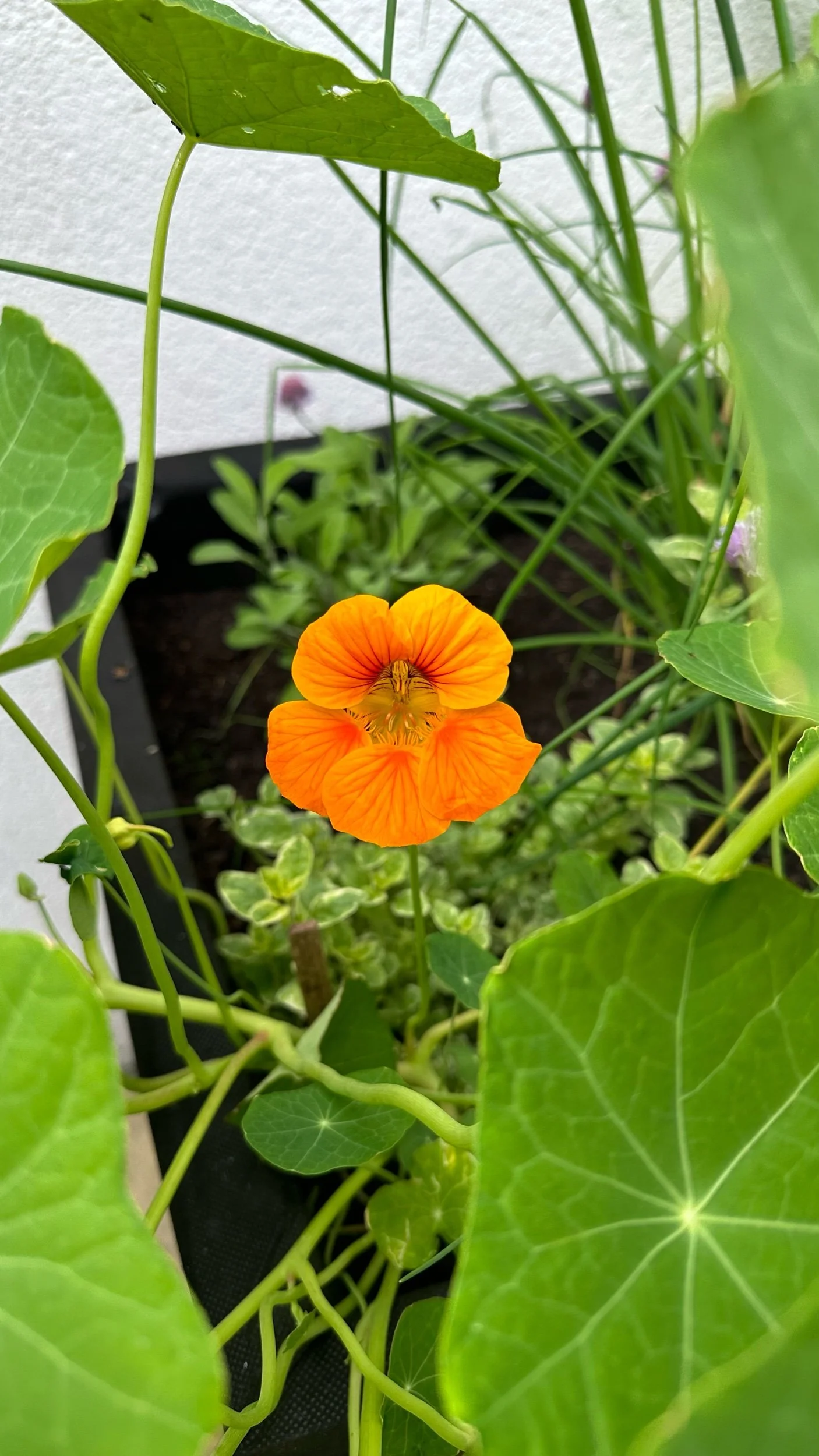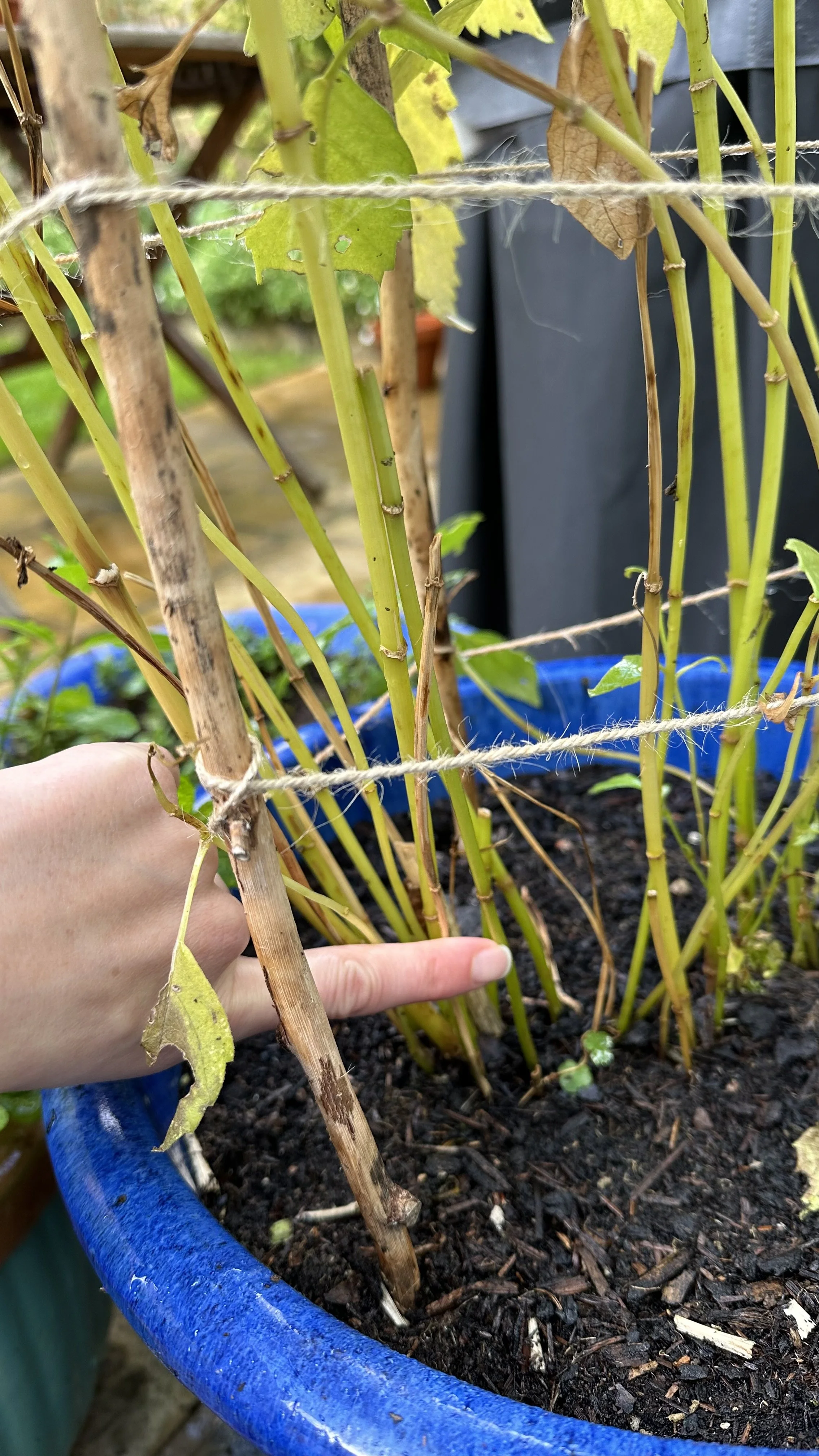Companion Plants for Raspberries (And Which Ones to Avoid)
This website is reader-supported - thank you! This post may contain affiliate links. As an Amazon Associate, I earn from qualifying purchases at no extra cost to you.
Gardening is a journey filled with trial and error, especially when it comes to nurturing your own raspberry patch.
A crucial aspect of ensuring the health and productivity of raspberries is understanding the role of companion plants for raspberries.
The concept of companion planting is like creating a community in your garden where each member supports and enhances the growth of others.
This approach not only optimizes space but also promotes a harmonious ecosystem that can deter pests, improve soil health, and increase yields.
In this guide, we'll explore the best and worst companions for your raspberry plants, detailed insights into making your berry patch flourish, and answers to frequently asked questions by fellow gardeners.
Whether you're aiming for a bountiful harvest or a beautiful, functional garden, selecting the right companions for your raspberries is a step toward achieving that goal.
To learn more about companion planting, check out my guides:
Best Companion Plants for Raspberries
Creating a vibrant and fruitful raspberry garden involves more than just planting raspberry canes in the ground; it's about building an ecosystem where plants support each other.
Companion planting plays a crucial role in achieving this goal.
Here are the best companion plants for raspberries and why they deserve a spot in your garden:
Marigolds: The Vibrant Protectors
Marigolds are more than just a splash of color in your garden.
They're hardworking plants that repel a variety of pests, including Japanese beetles and nematodes, which can be detrimental to raspberry plants.
The secret lies in their roots and flowers, which release substances that deter pests.
Integrating marigolds into your raspberry patch not only keeps these pests at a distance but also attracts pollinators, essential for fruit production.
To learn more about growing marigolds, check out my guide: How to Pair Marigold Companion Plants.
Here are the marigolds I recommend growing:
Garlic and Chives: The Scented Shield
The strong aroma of garlic and chives serves as a natural repellent for many pests that find raspberries irresistible.
These plants can help reduce the instances of fungal diseases, such as verticillium wilt, which raspberries are susceptible to.
Garlic and chives work by creating an environment that's less appealing to pests while being perfectly hospitable for raspberries.
To learn more about growing chives, check out my guide: The Ultimate Guide to Growing Chives in Pots.
Here are the chives I recommend growing:
Legumes: The Natural Fertilizers
Legumes, such as beans and peas, have a unique ability to fix nitrogen from the air into the soil, essentially providing natural fertilization.
This process enriches the soil, offering raspberry plants a nutrient boost which is vital for their growth and fruit production.
By planting legumes near your raspberries, you're ensuring that your soil remains fertile without the constant need for chemical fertilizers.
To learn more about growing peas, check out my guide: The Ultimate Guide to Growing Peas in Pots.
Here are the peas I recommend growing:
Yarrow and Nasturtiums: The Beneficial Attractors
Yarrow isn't just a pretty plant; it's a magnet for beneficial insects, including ladybugs and parasitic wasps, which help control pest populations.
Nasturtiums, with their bright, trumpet-shaped flowers, not only repel unwanted pests like aphids and beetles but also serve as a trap crop, luring them away from your raspberries.
Together, yarrow and nasturtiums promote a balanced ecosystem, encouraging beneficial insects while keeping harmful pests at bay.
To learn more about growing yarrow, check out my guide: Companion Planting Yarrow: Attracting Beneficial Insects.
Here is the yarrow I recommend growing:
Borage: The Star Companion
Borage is a powerhouse when it comes to companion planting for raspberries.
This plant not only repels pests and attracts pollinators with its star-shaped flowers, but it also adds trace minerals to the soil, improving plant growth and fruit quality.
Borage's presence can significantly enhance the overall health and productivity of your raspberry patch.
Learn more: Borage Companion Planting: The Best Pairings.
Here is the borage I recommend growing:
Companion Planting Strategy
When integrating these companions into your raspberry garden, consider their growth habits and requirements.
For example, marigolds and nasturtiums can be planted along the edges of your raspberry beds, acting as a protective and attractive border.
Legumes can be interplanted between raspberry rows to maximize space and soil fertility.
Meanwhile, garlic, chives, and borage can be sprinkled throughout the patch to ensure their protective and enriching benefits are spread evenly.
Remember, the key to successful companion planting is observation and adaptation.
What works in one garden may need tweaking in another.
Pay attention to how these plants interact with each other and with your raspberries, and adjust your planting strategy accordingly to create a harmonious, productive garden ecosystem.
To learn more about companion planting, check out my guides:
Maximize Your Zucchini Harvest: Companion Planting Guide
Bad Companion Plants for Raspberries
Raspberries are delightful to grow, but they require careful consideration when it comes to their neighbors.
Some plants can hinder their growth, introduce diseases, or attract pests.
Let’s discuss why certain plants make unsuitable companions for your raspberry bushes.
Potatoes and Tomatoes: The Disease Vectors
Potatoes and tomatoes are part of the Solanaceae family, which is notorious for being susceptible to a soil-borne fungus that causes verticillium wilt.
This disease is particularly destructive and can remain in the soil for years, posing a risk to subsequent plantings.
Raspberries are also susceptible to verticillium wilt, and planting them near potatoes or tomatoes can significantly increase their risk of infection.
The fungus affects the vascular system of the plants, leading to wilted, yellow leaves and ultimately plant death.
To protect your raspberry bushes, it's best to keep them far away from potatoes, tomatoes, and other Solanaceae family members like eggplants and peppers.
Blackberries: The Problematic Relatives
While it might seem logical to plant raspberries and blackberries together due to their similar growing conditions and care requirements, this proximity can lead to problems.
Both raspberries and blackberries are susceptible to the same diseases and pests, including raspberry cane borer and various fungal infections.
Planting them together can create a hotspot for these issues, making it easier for diseases and pests to spread from one plant to the other.
To ensure the health of both your raspberry and blackberry plants, it's advisable to plant them in separate areas of your garden.
Bulbous Flowers: The Space Invaders
Plants like tulips and daffodils might not directly harm raspberry bushes, but their bulbous nature means they can compete aggressively for soil nutrients and space.
Raspberries have a relatively shallow root system and can struggle if forced to compete with the dense, spreading roots of bulbous flowers.
This competition can lead to weaker raspberry plants that are more susceptible to disease and produce fewer berries.
The Importance of Spatial Awareness
Understanding the spatial requirements and growth habits of both raspberries and potential companion plants is crucial.
For example, raspberries need ample room for air circulation to minimize the risk of fungal diseases.
Planting them too close to large, bushy plants can restrict airflow and create damp conditions ideal for disease development.
Final Thoughts on Plant Compatibility
When planning your garden layout, consider the long-term implications of plant placement.
Avoid planting raspberries in areas where bad companions were recently grown to reduce the risk of soil-borne diseases.
Additionally, practice crop rotation and soil testing to maintain soil health and minimize disease risk.
By avoiding these bad companions and following good gardening practices, you can ensure that your raspberry bushes have the best possible environment to thrive and produce bountiful harvests for years to come.
To learn more about companion planting, check out my guides:
Rhubarb Companion Planting: Do's and Don'ts
The Best and Worst Companion Plants for Asparagus
Thriving Together: The Best Companion Plants for Swiss Chard
FAQs
Can I plant cucumbers near raspberries?
Yes, you can, but with some considerations.
Cucumbers and raspberries can generally coexist peacefully in the garden.
Cucumbers are vining plants that require different nutrients and grow in different patterns compared to raspberries.
They don't directly compete for resources, making them compatible neighbors.
However, cucumbers prefer more water than raspberries, which thrive in well-drained soil.
Overwatering raspberries to meet cucumbers' needs could potentially harm your raspberry plants.
A practical solution is to ensure sufficient spacing and perhaps use a mulch barrier or a drip irrigation system to manage water distribution more effectively.
Can I plant sunflowers next to raspberries?
Indeed, you can, and there's a bonus.
Sunflowers can act as a natural support structure for raspberry plants, which may otherwise require a trellis.
The tall, sturdy stalks of sunflowers offer shade and protection from the wind.
However, sunflowers should be planted in a way that their large leaves and towering height don't overshadow the raspberry plants, depriving them of essential sunlight.
It's all about strategic placement; position sunflowers on the north side of your raspberries to avoid shading issues.
Can raspberries and blackberries be planted together?
Technically, yes, but it's not recommended.
As mentioned earlier, raspberries and blackberries share susceptibility to certain pests and diseases, making them less than ideal companions.
Planting them together can facilitate the spread of these issues from one plant to the other.
If you're limited on space and still wish to grow both, implementing strict hygiene practices, such as removing diseased plant material promptly and ensuring good air circulation around each plant, can help minimize the risk.
Do raspberries need acidic soil?
Yes, to a degree.
Raspberries perform best in slightly acidic to neutral soil, with a pH range of 5.5 to 6.5 being ideal.
This pH range helps raspberries absorb nutrients more effectively.
If your soil is too alkaline, adding elemental sulfur or organic mulches like pine needles can help lower the pH.
Conversely, if your soil is too acidic, liming can raise the pH to a more suitable level.
Testing your soil's pH before planting raspberries can guide you on any necessary soil amendments.
Here is the soil pH tester I recommend:
Wrapping Up
Gardening is a journey of learning and experimenting.
Companion planting with raspberries can enhance your garden's health and yield, making your gardening adventure even more fulfilling.
Remember, the best companions for your raspberries will not only depend on the plants you choose but also on your specific garden conditions and what you hope to achieve—be it more berries, fewer pests, or simply a beautiful and productive garden space.
Pin this post to save it for later!


